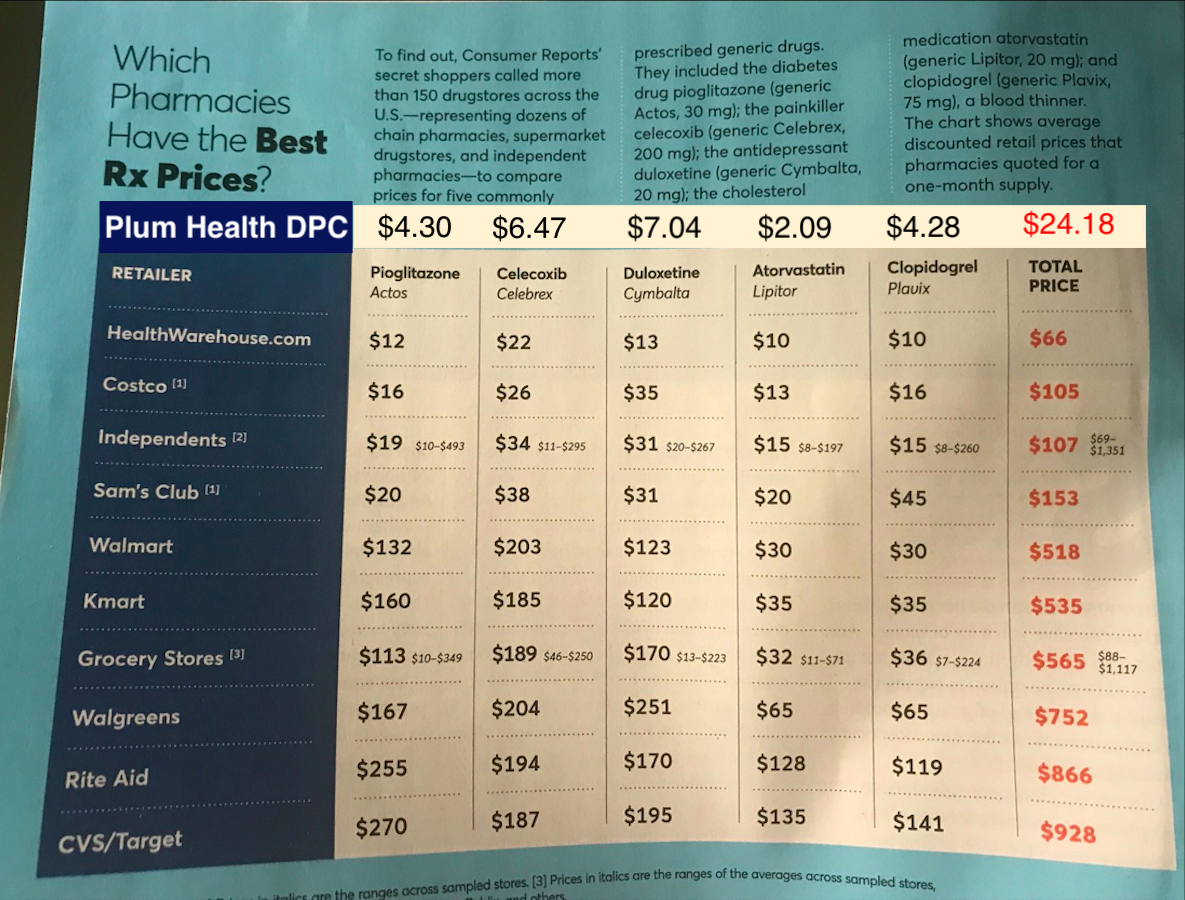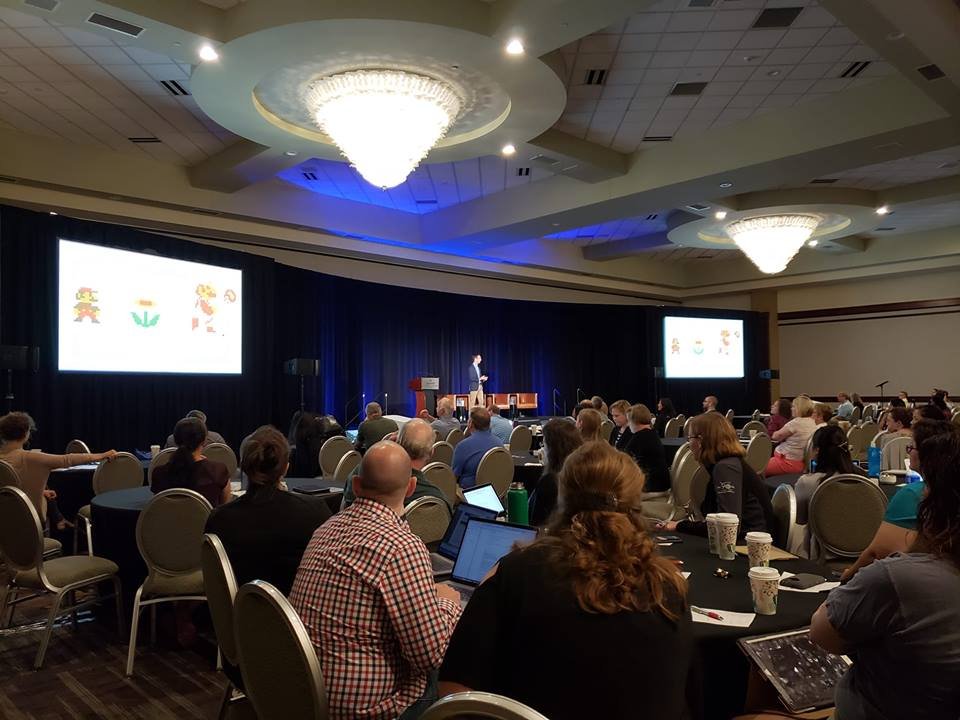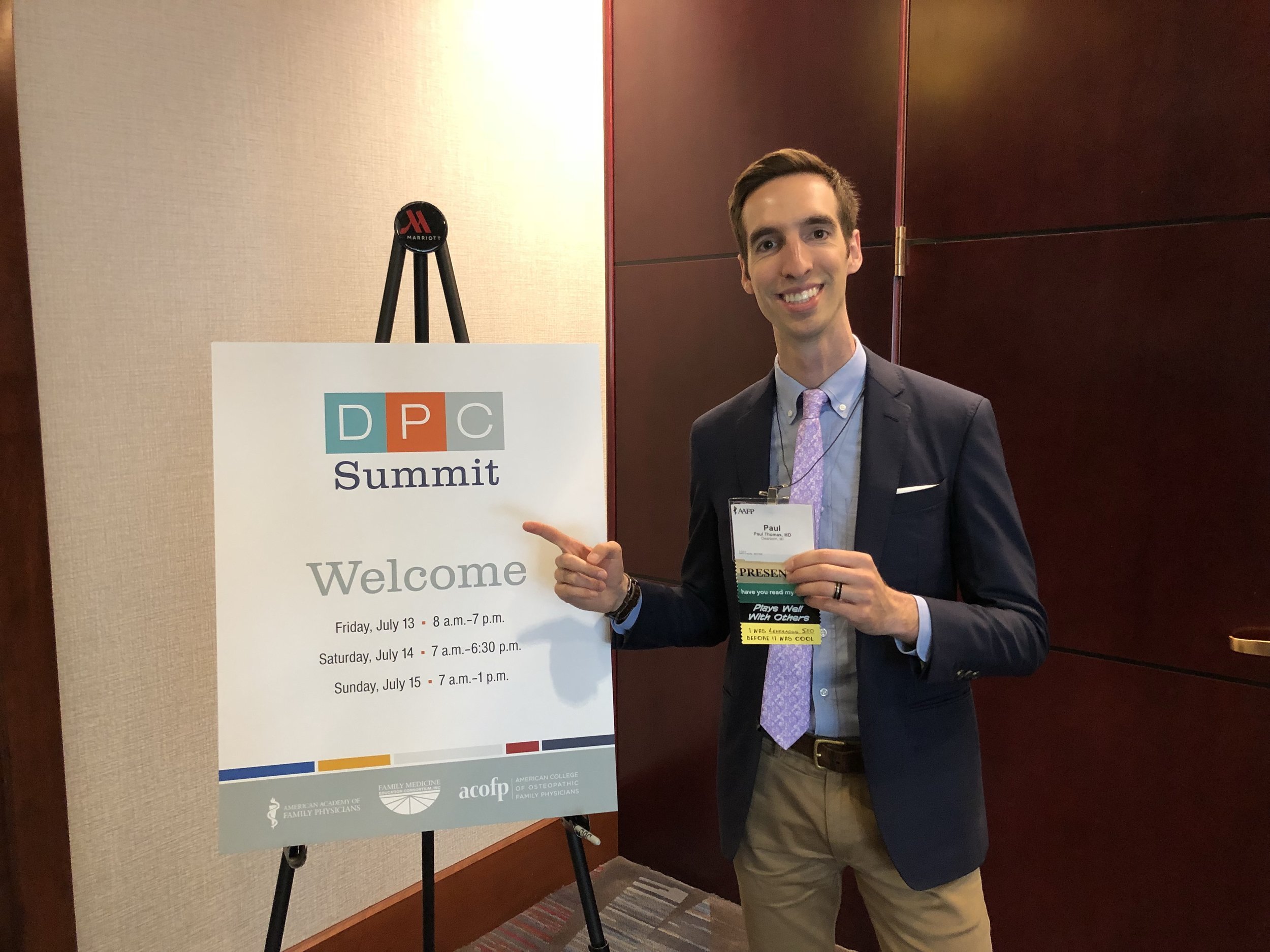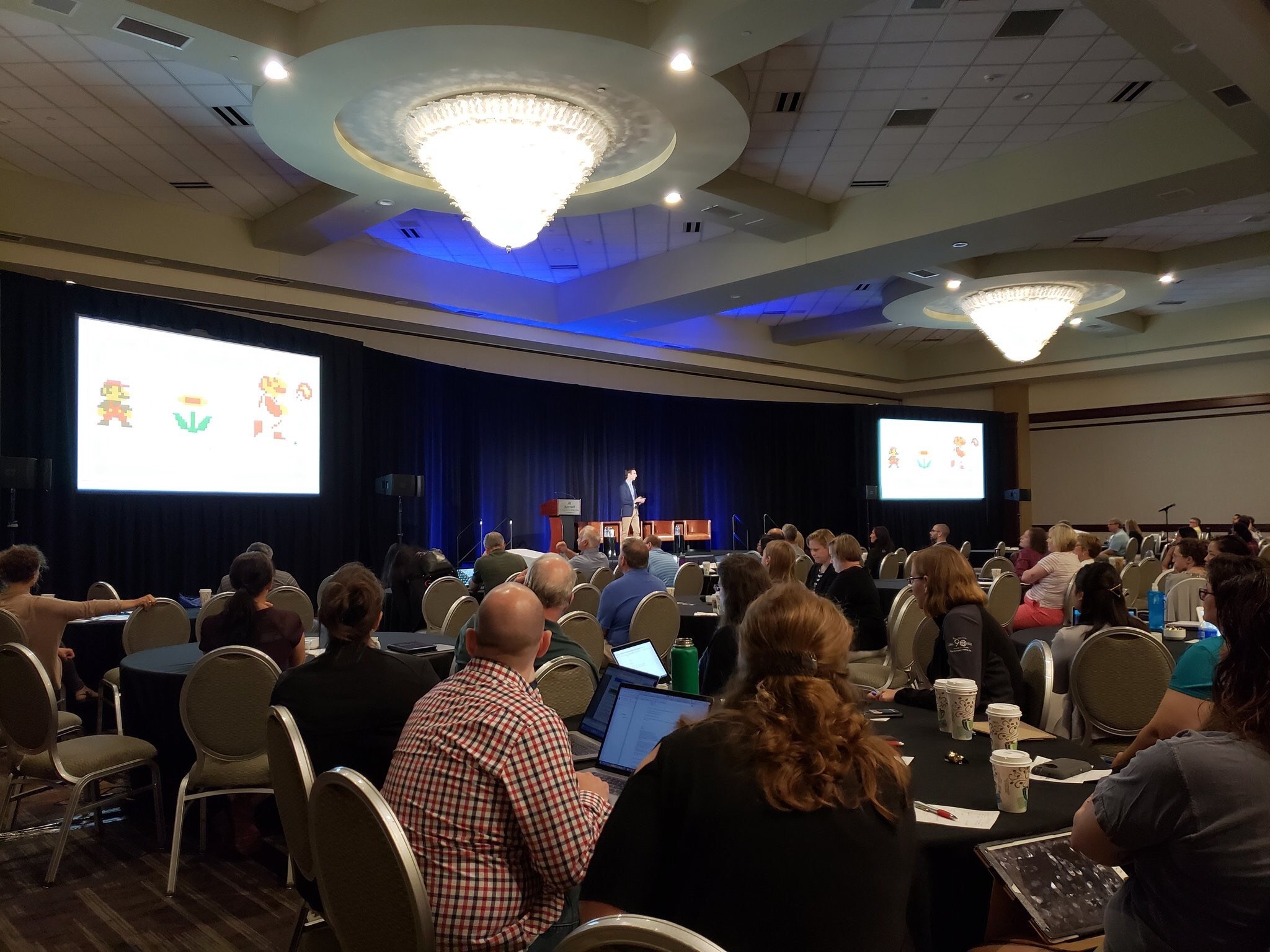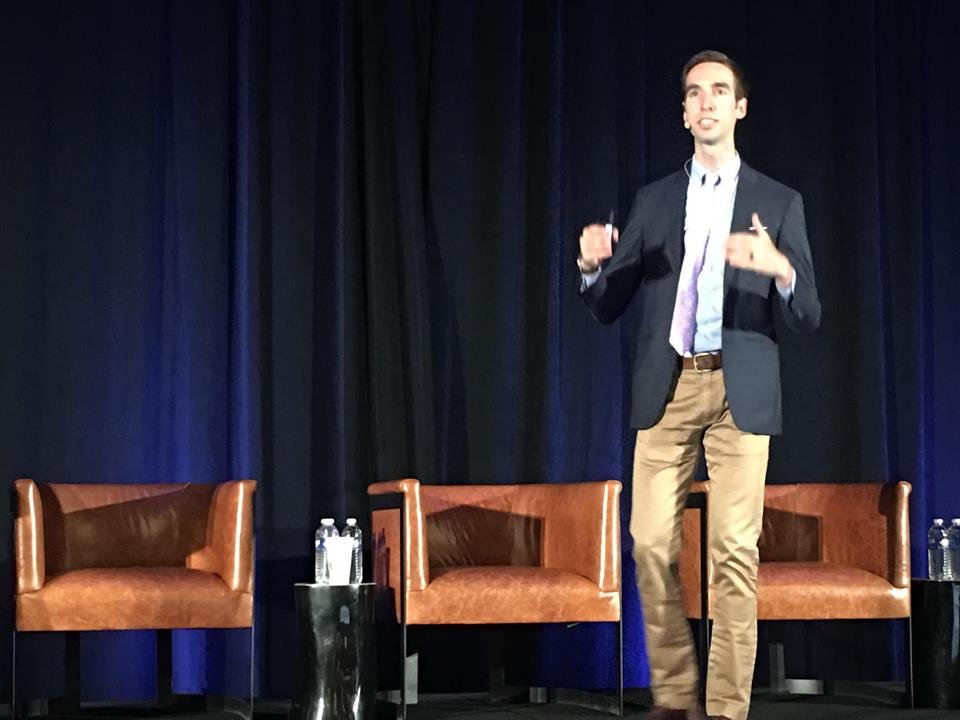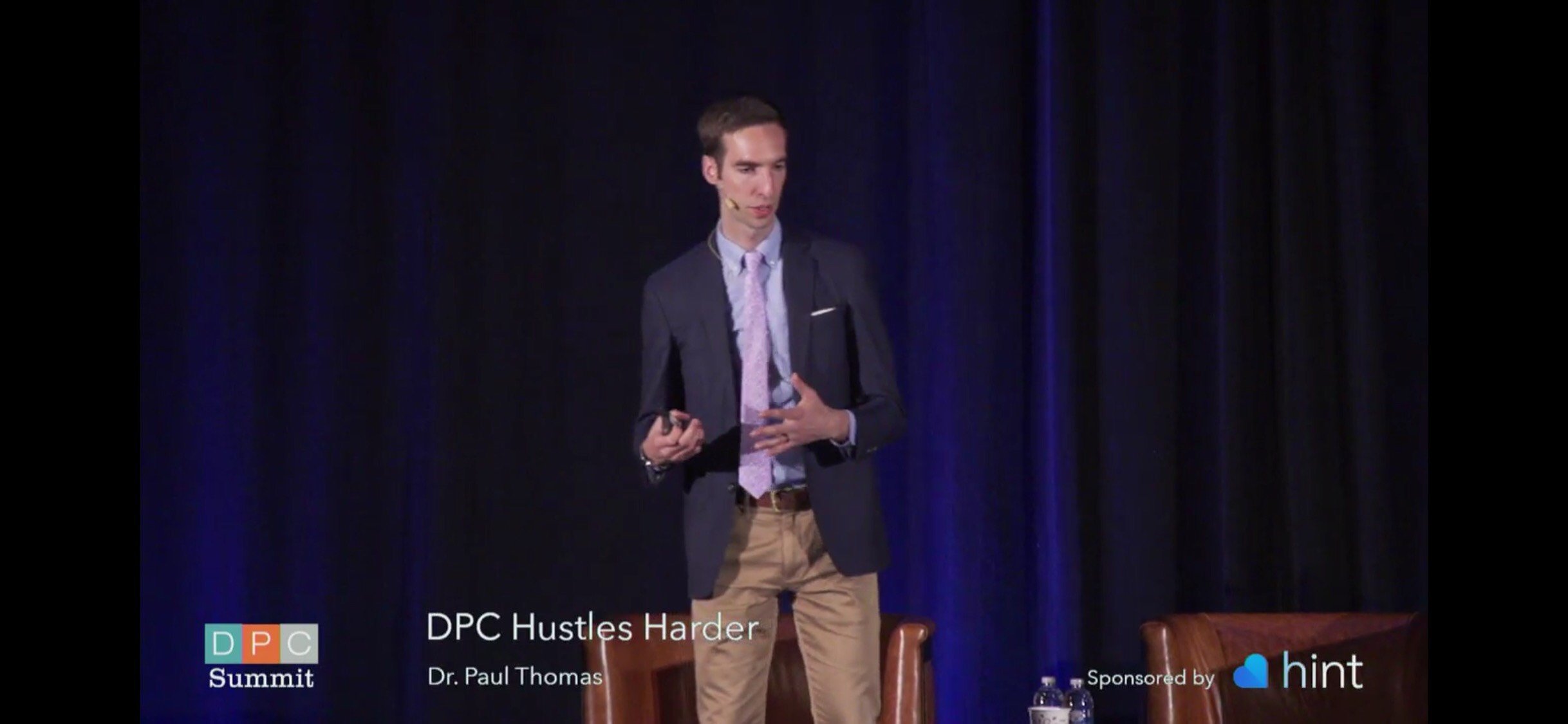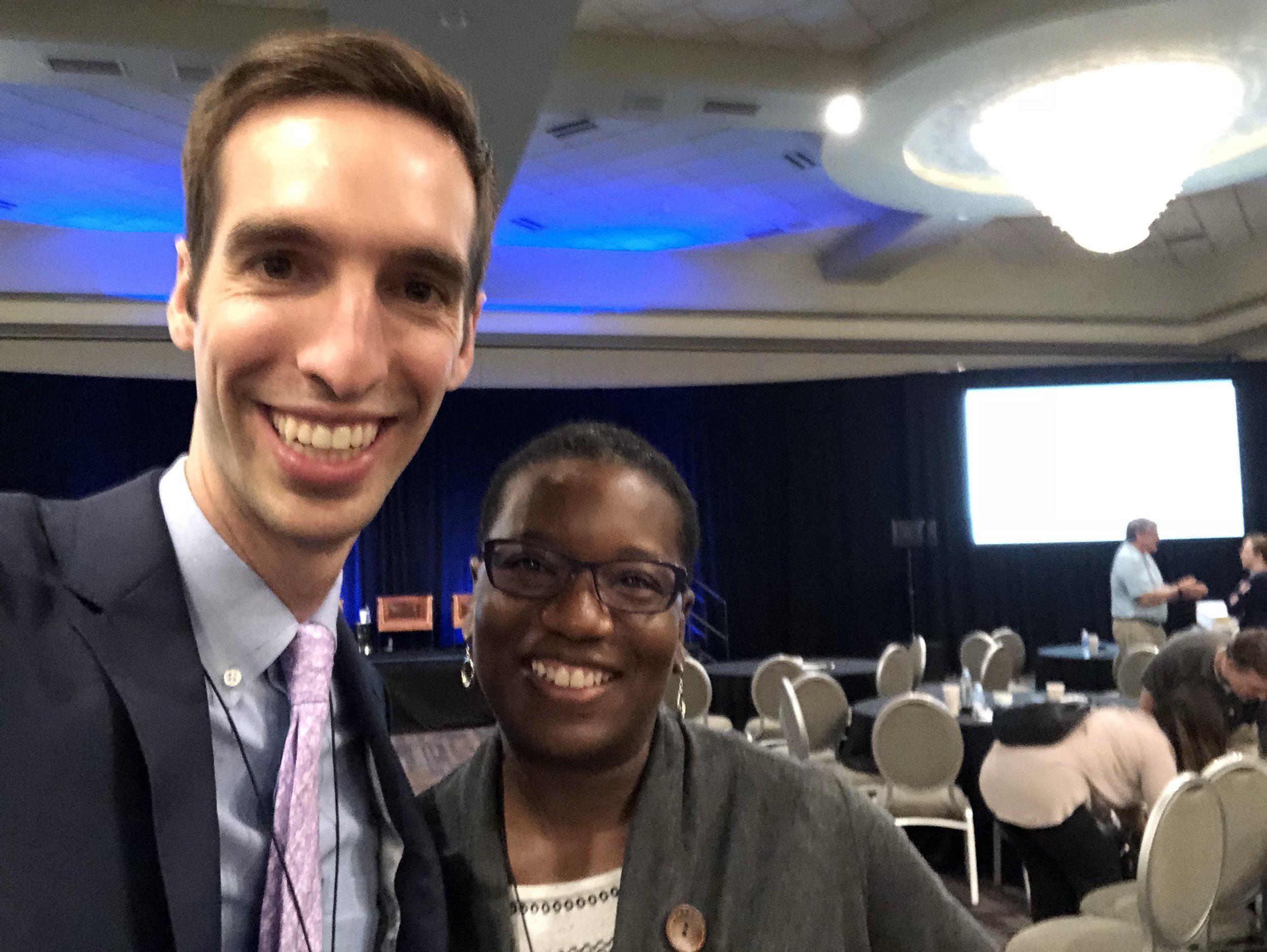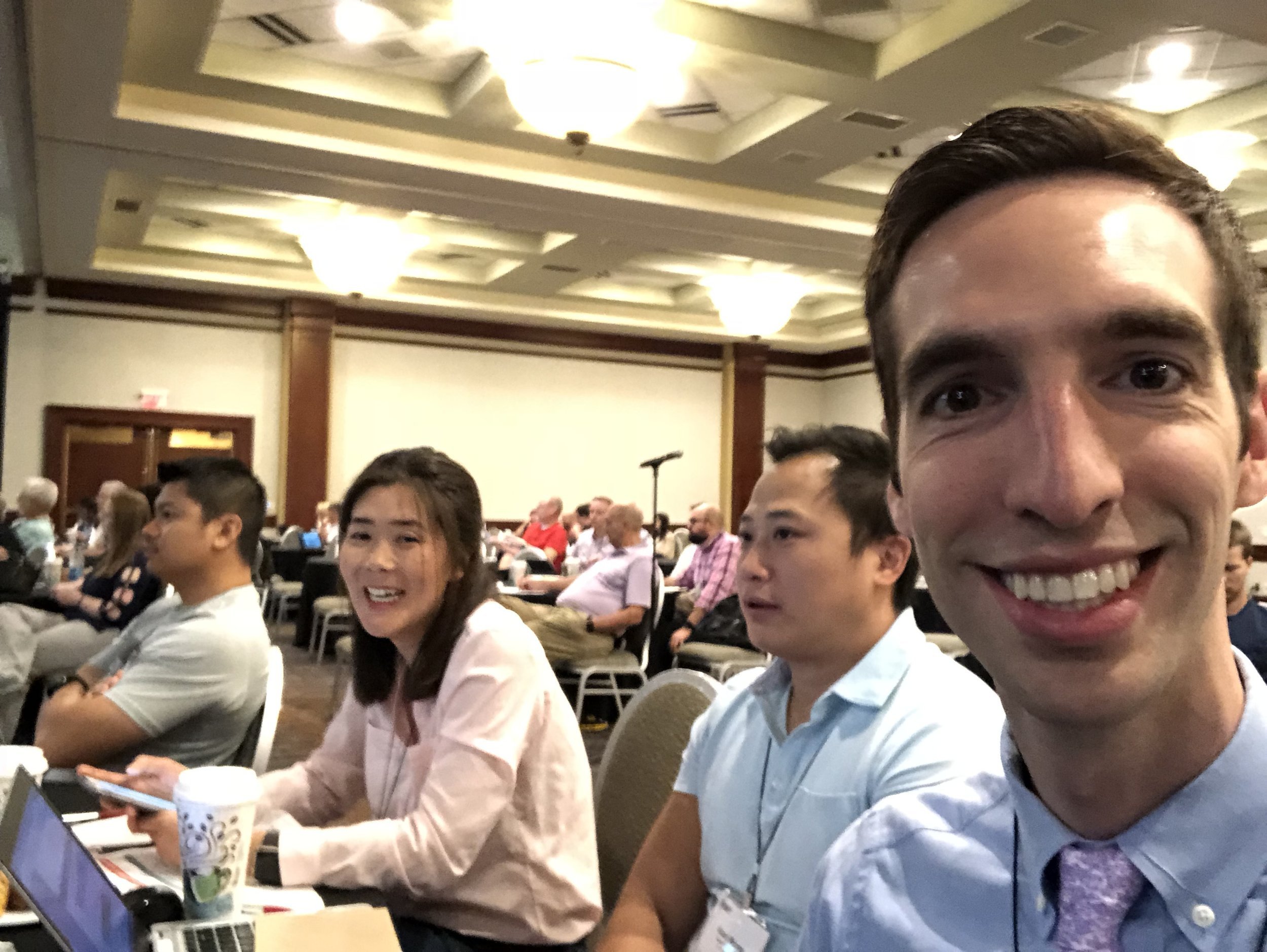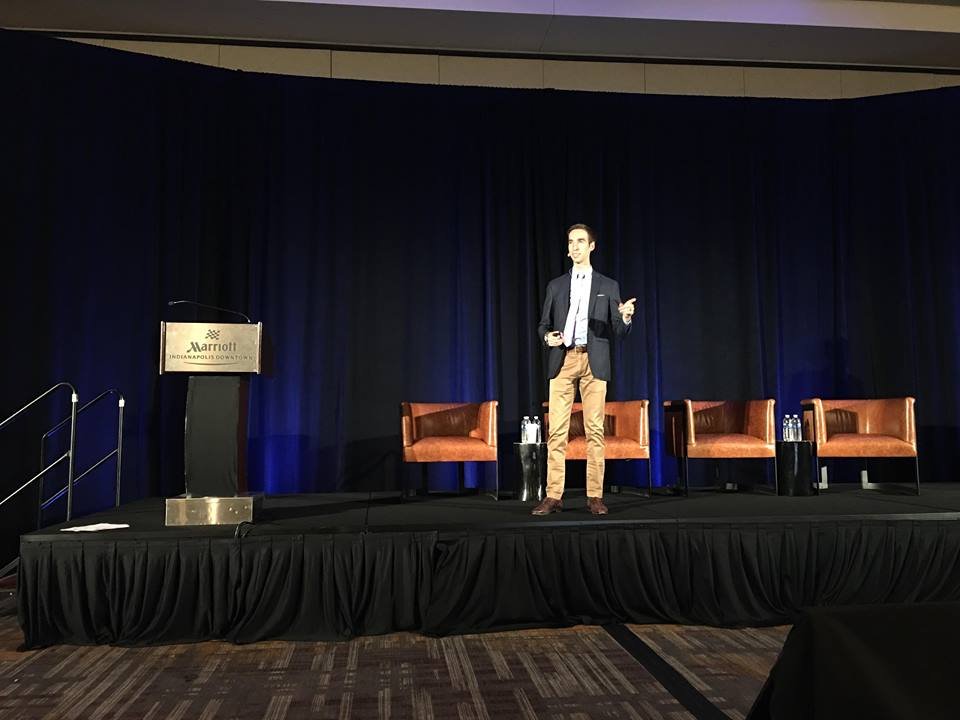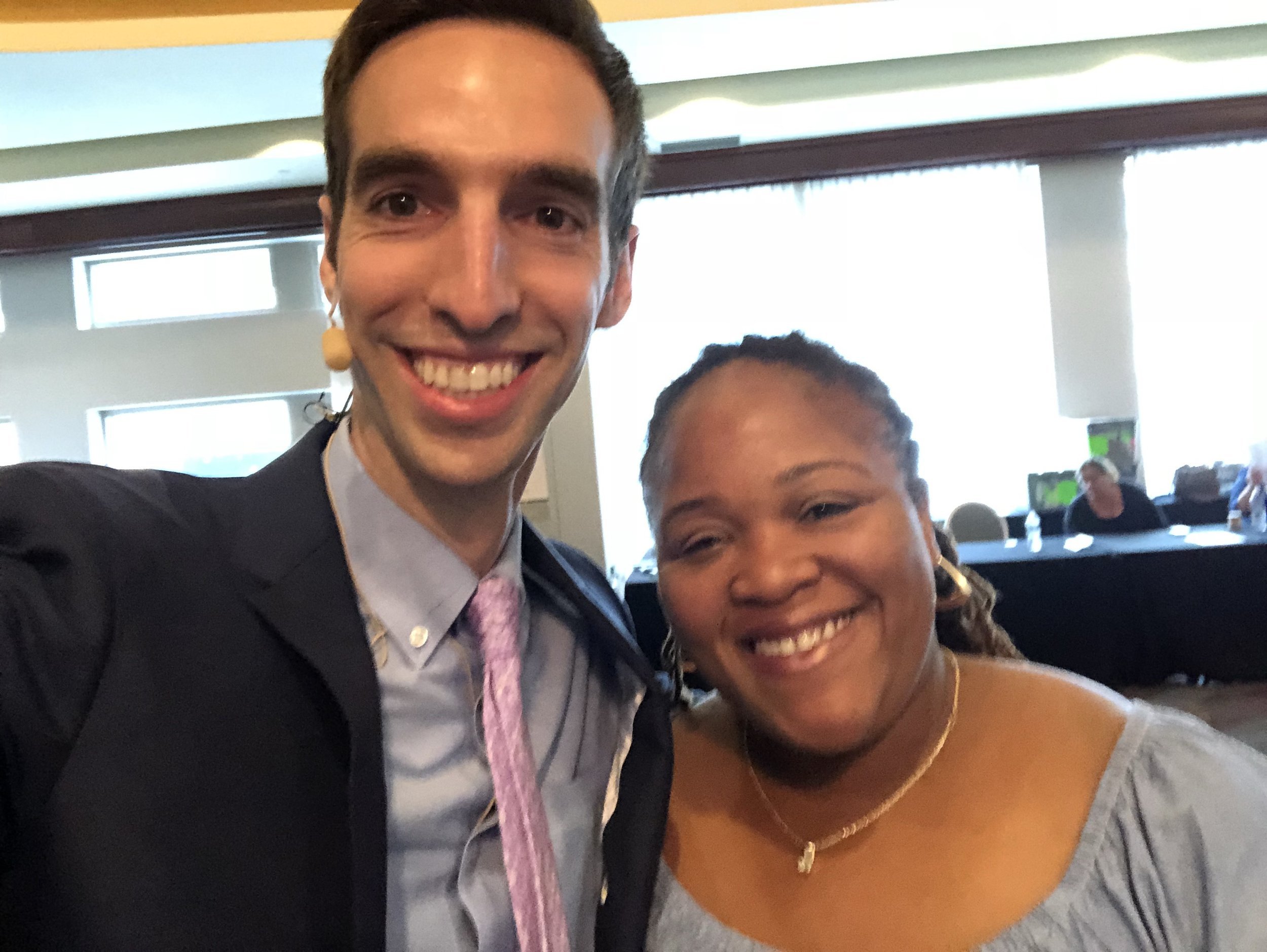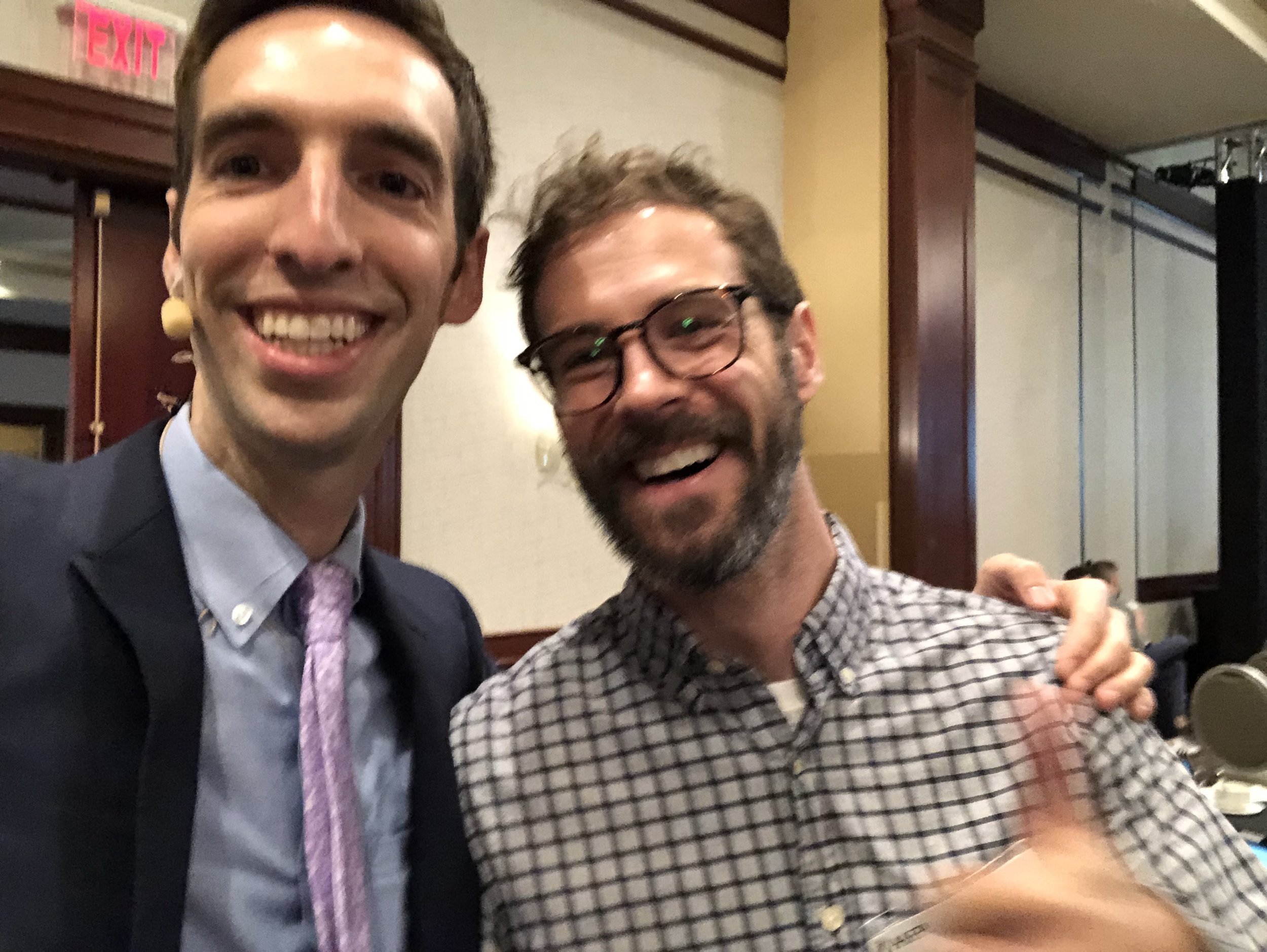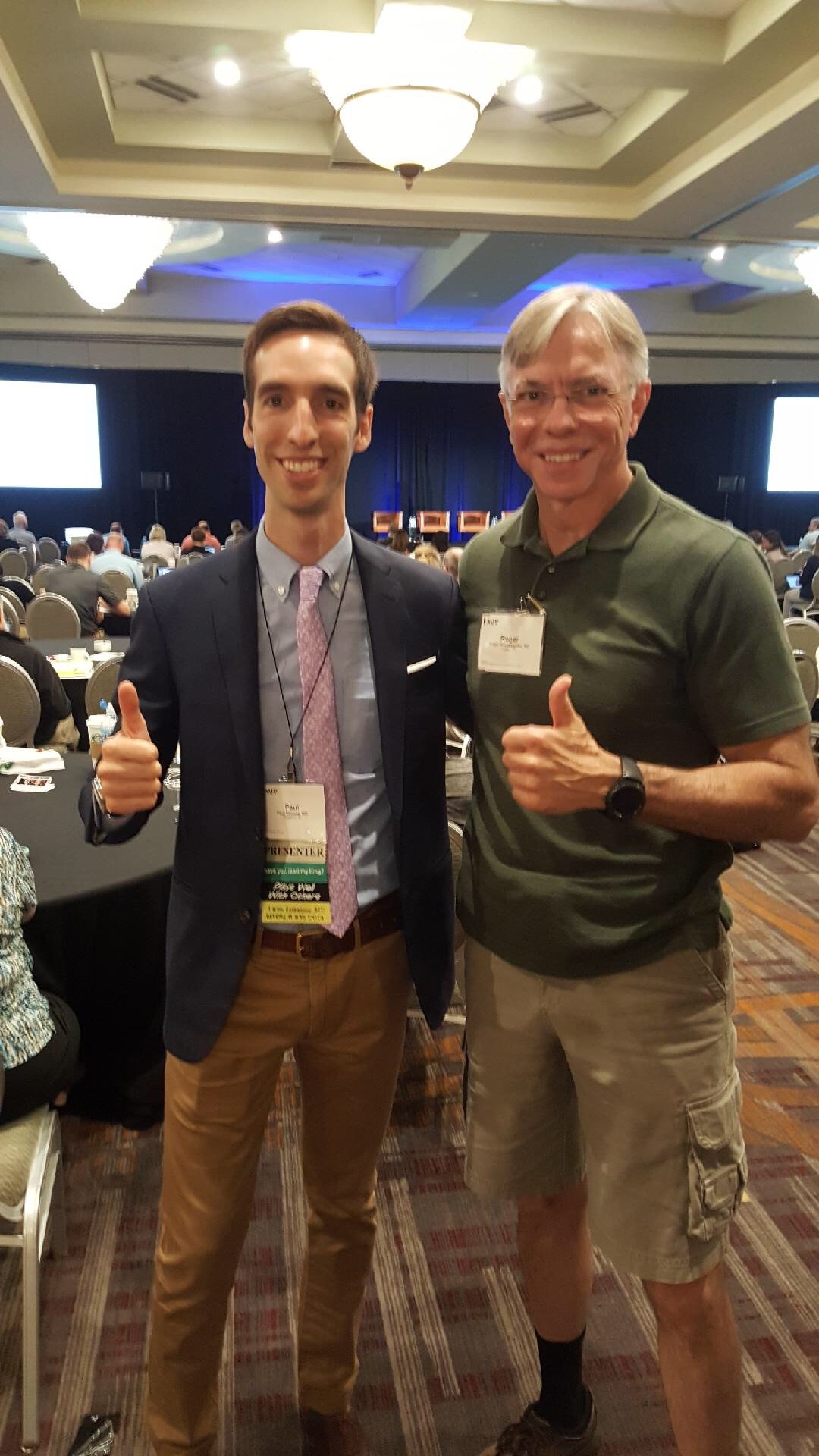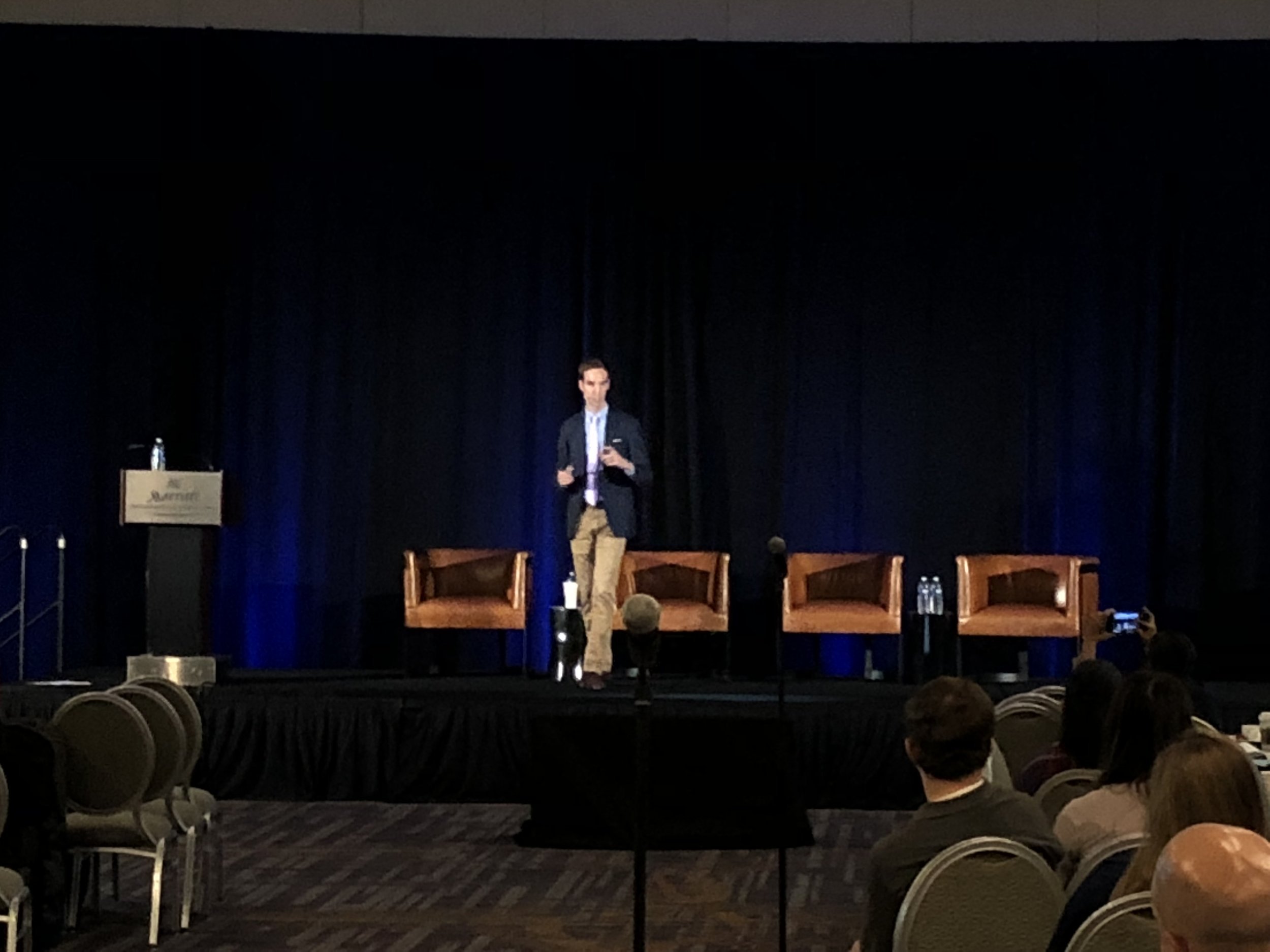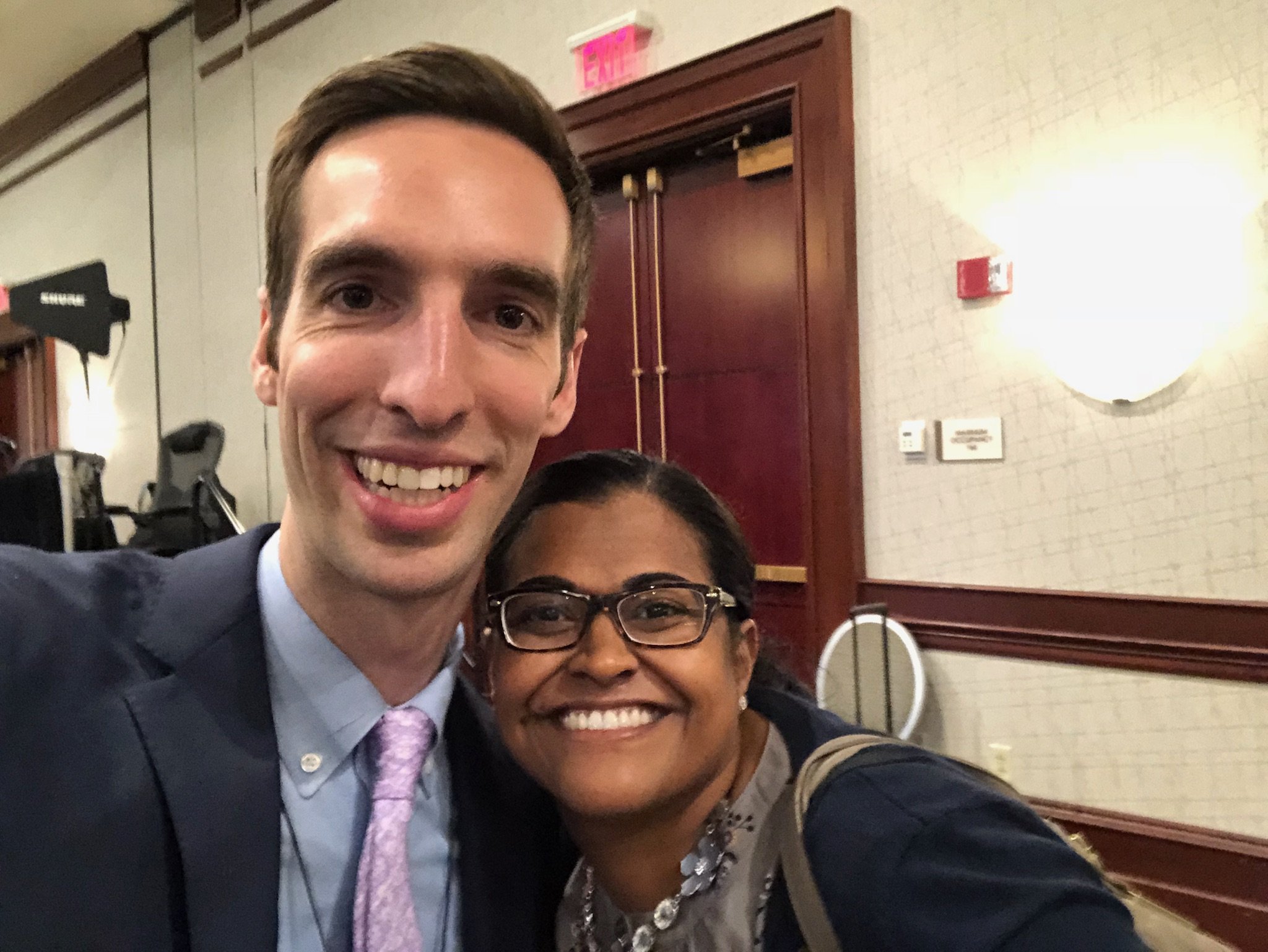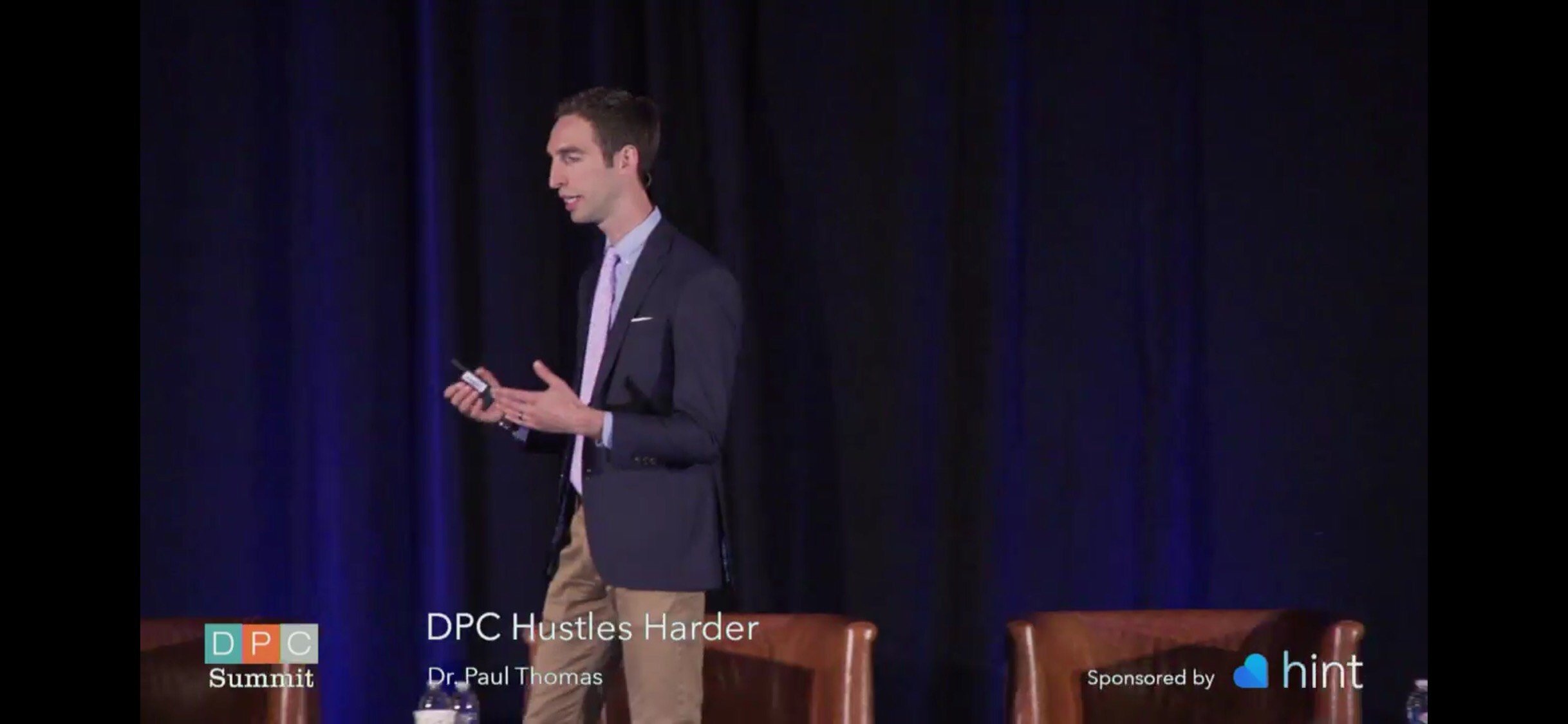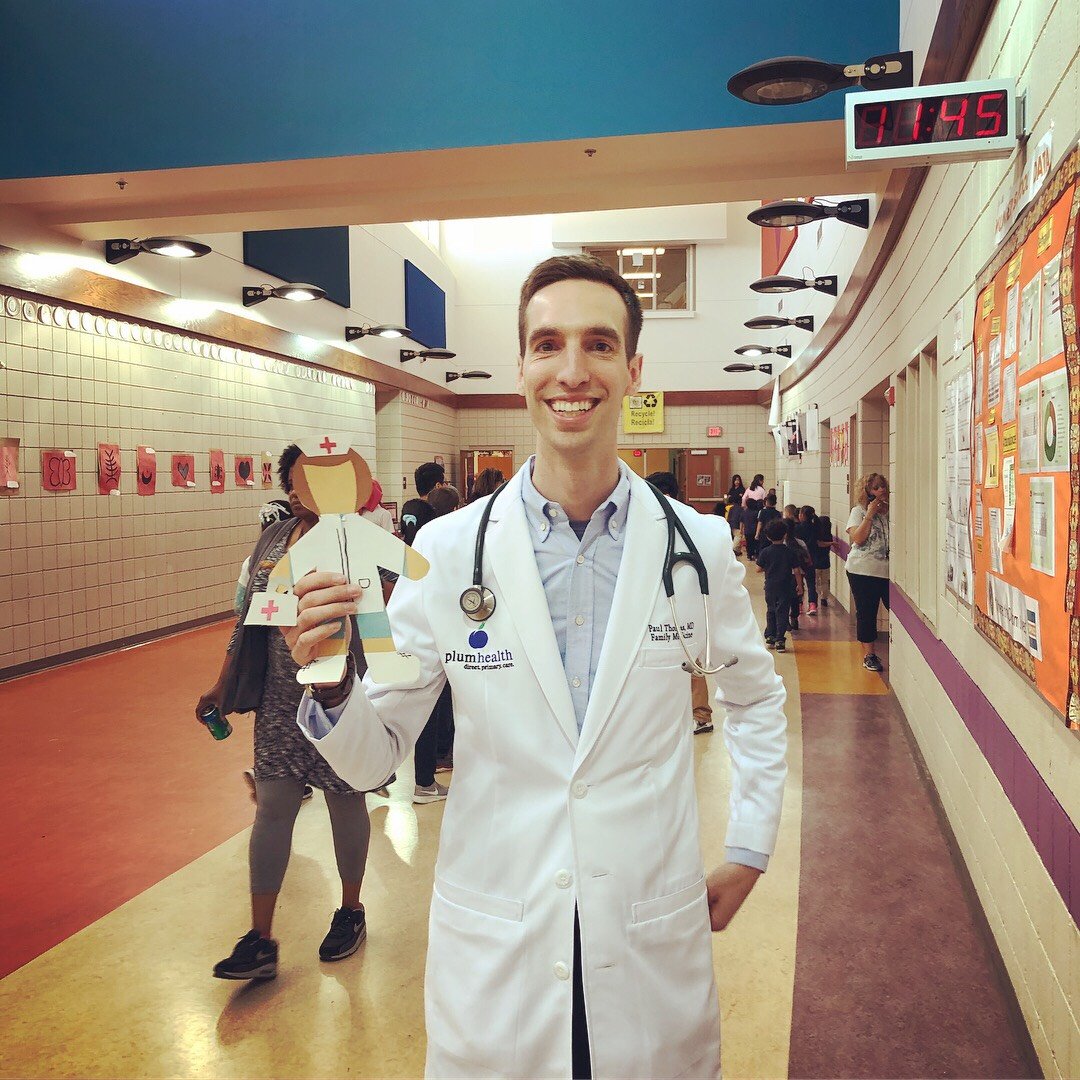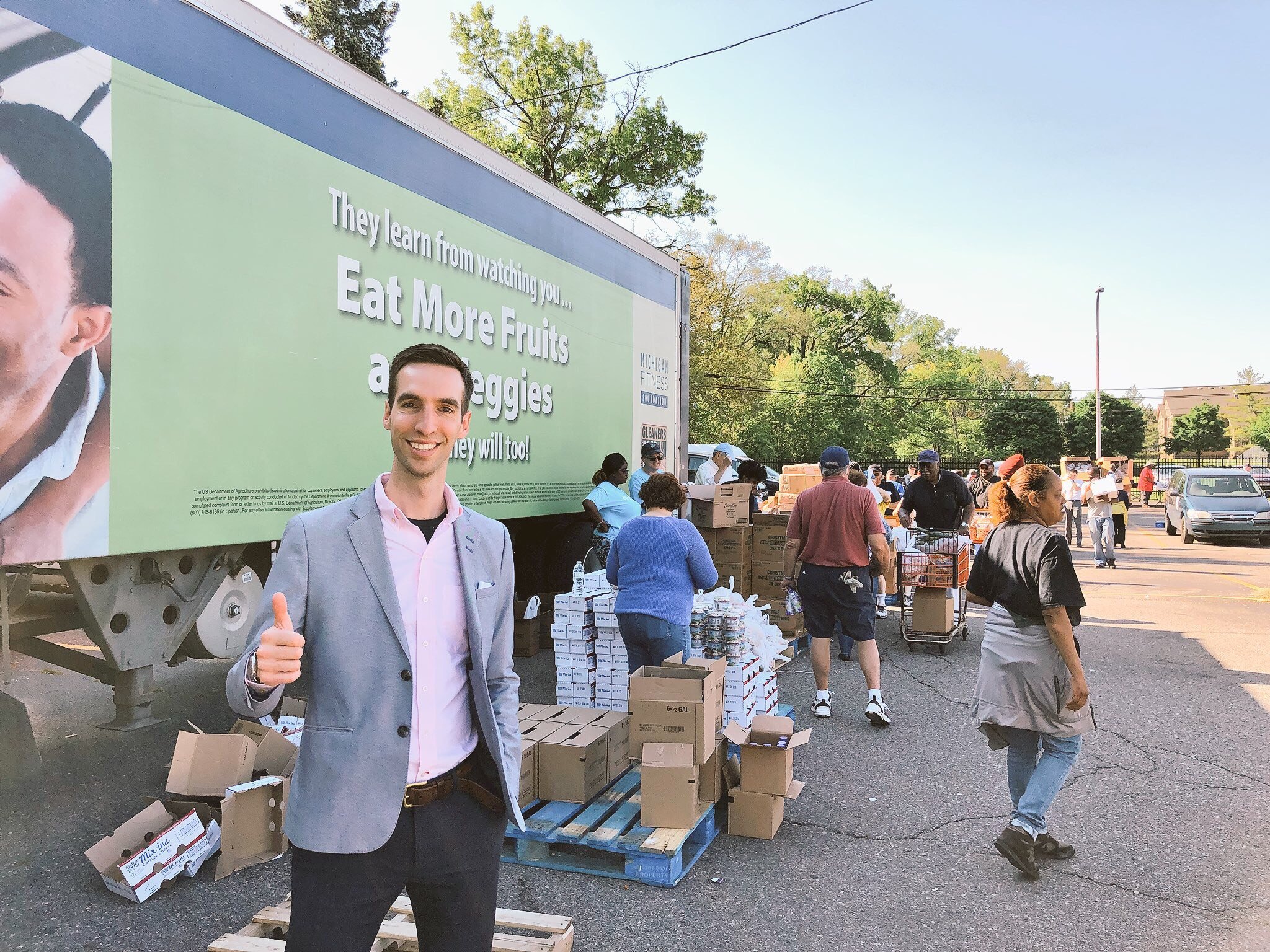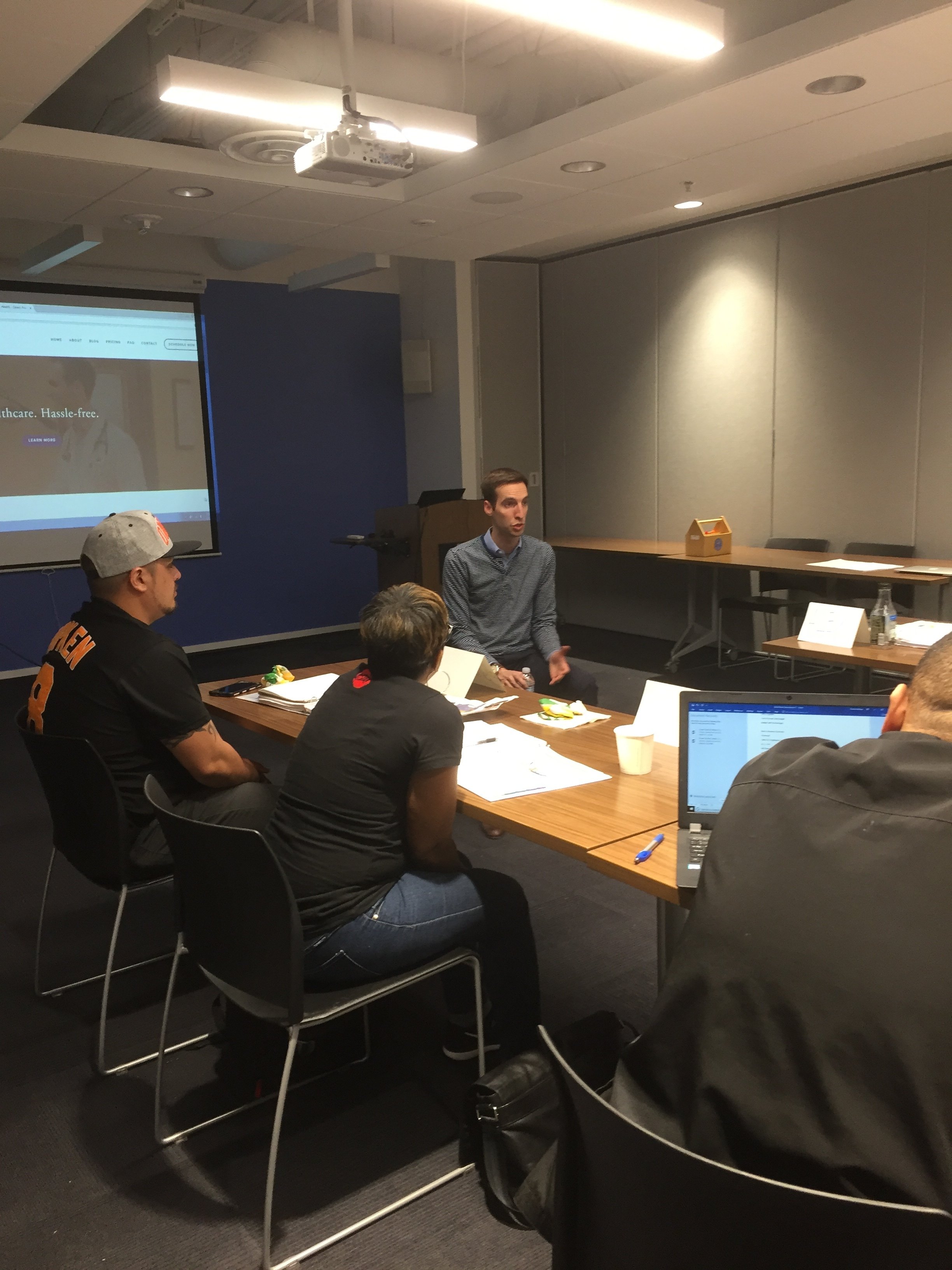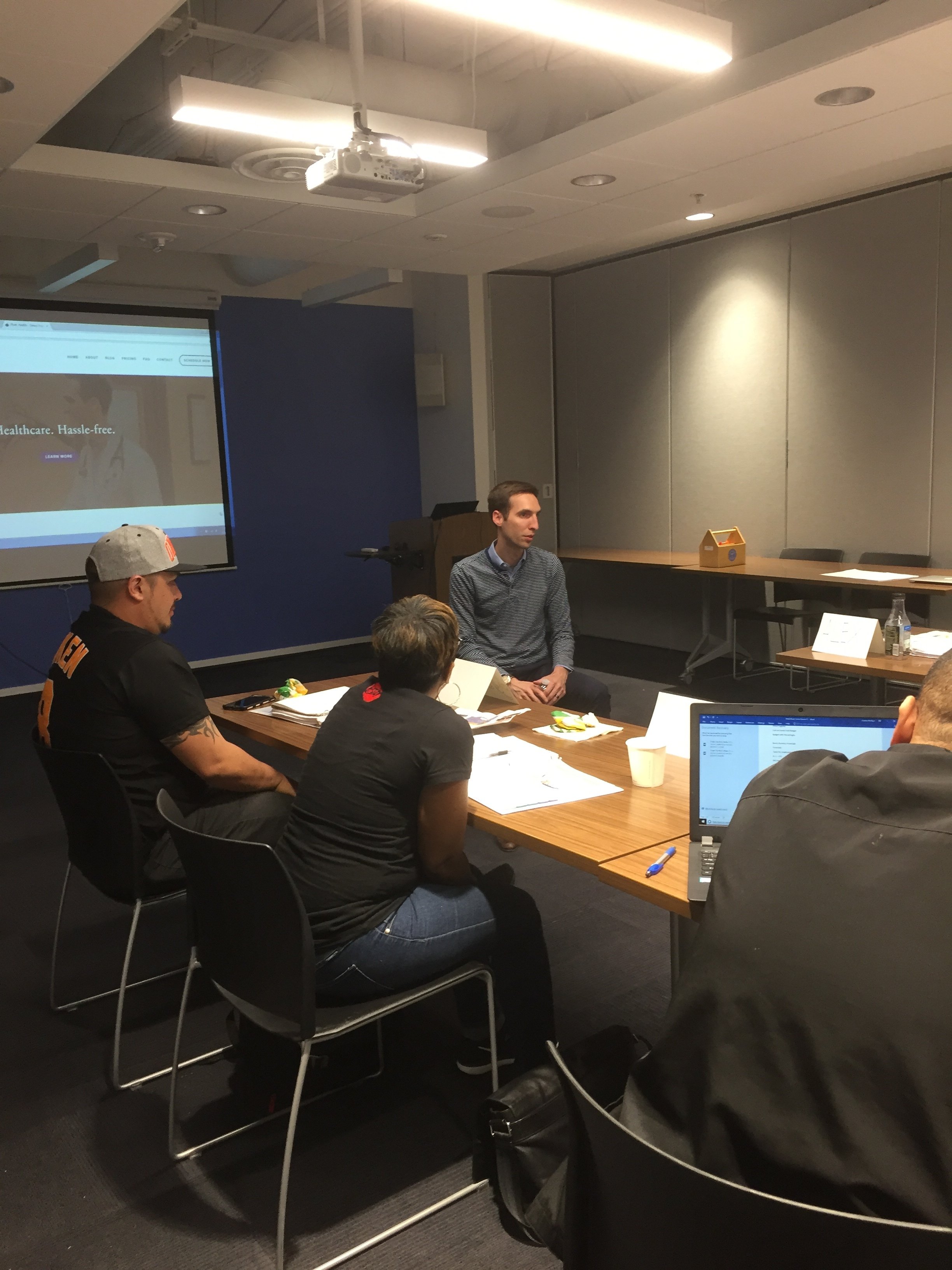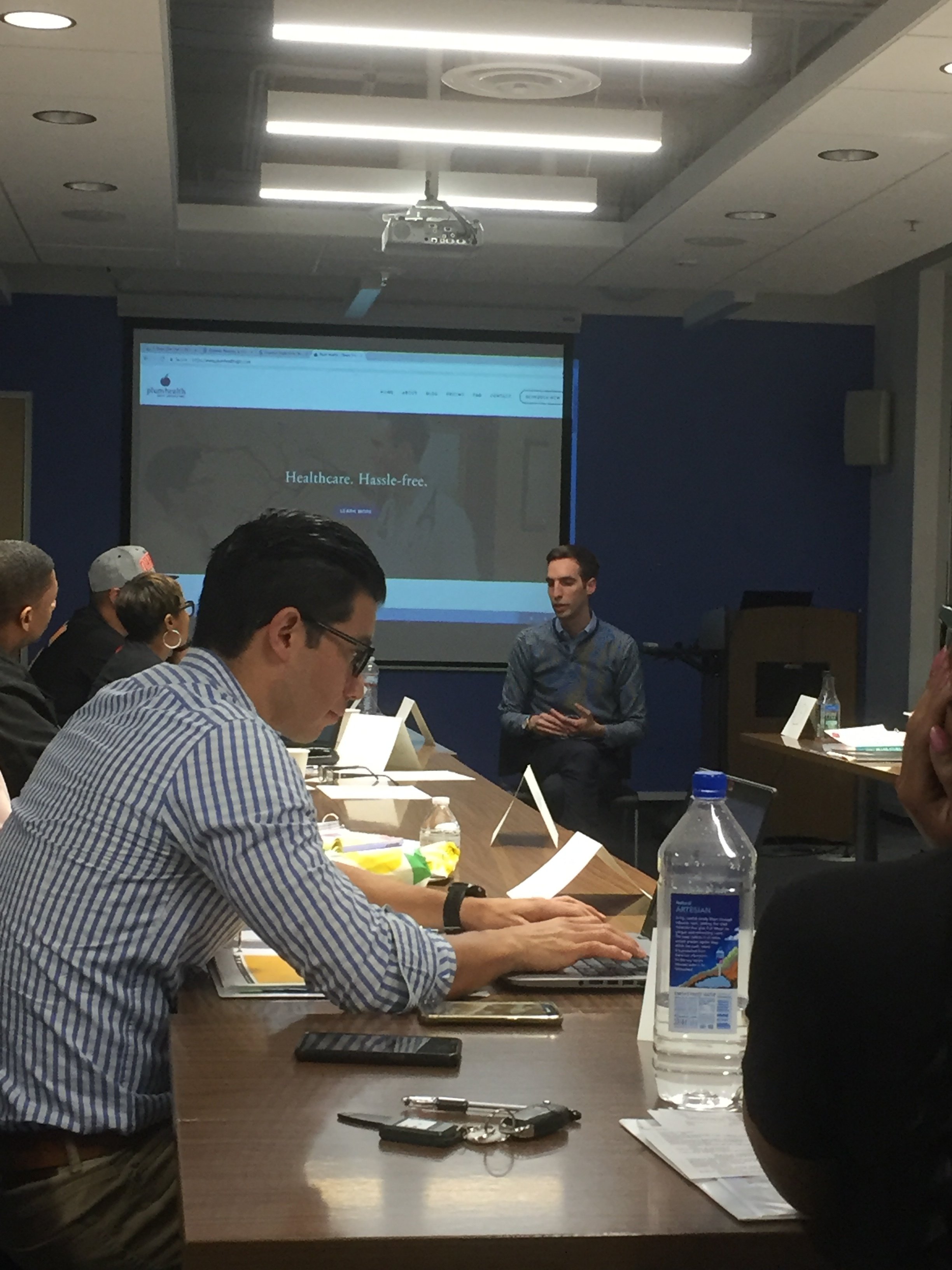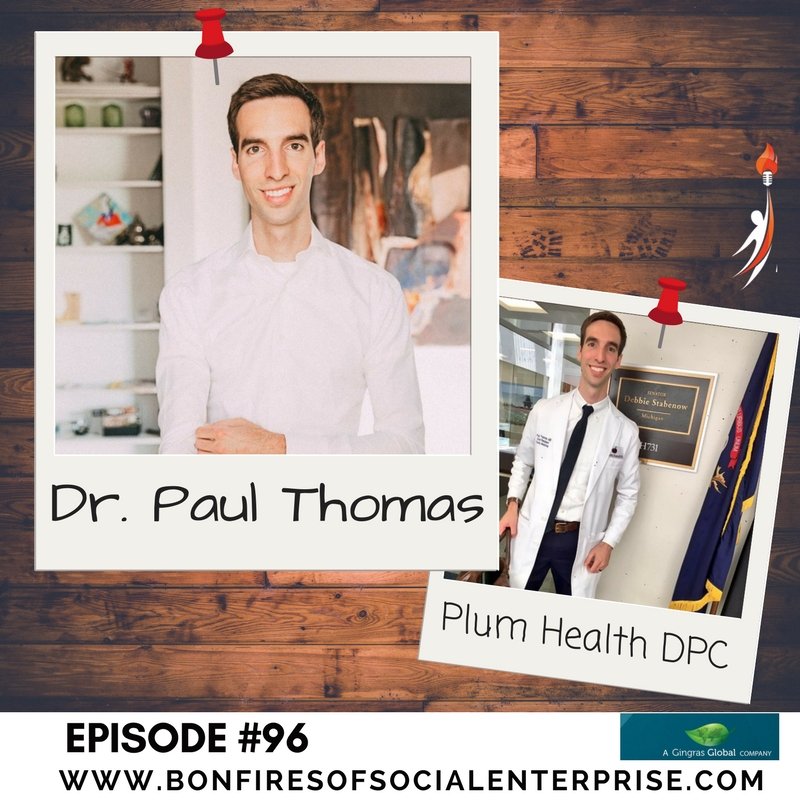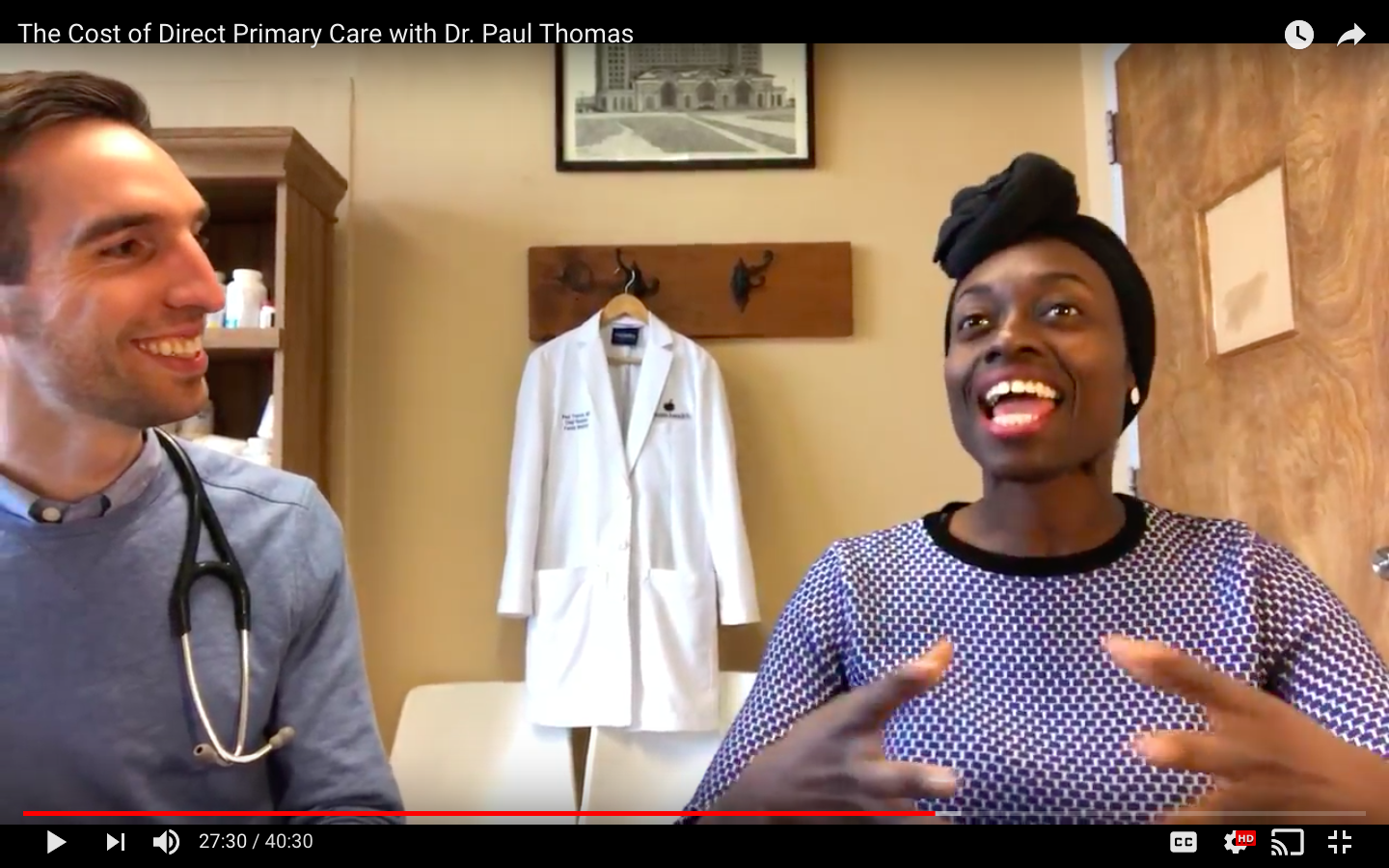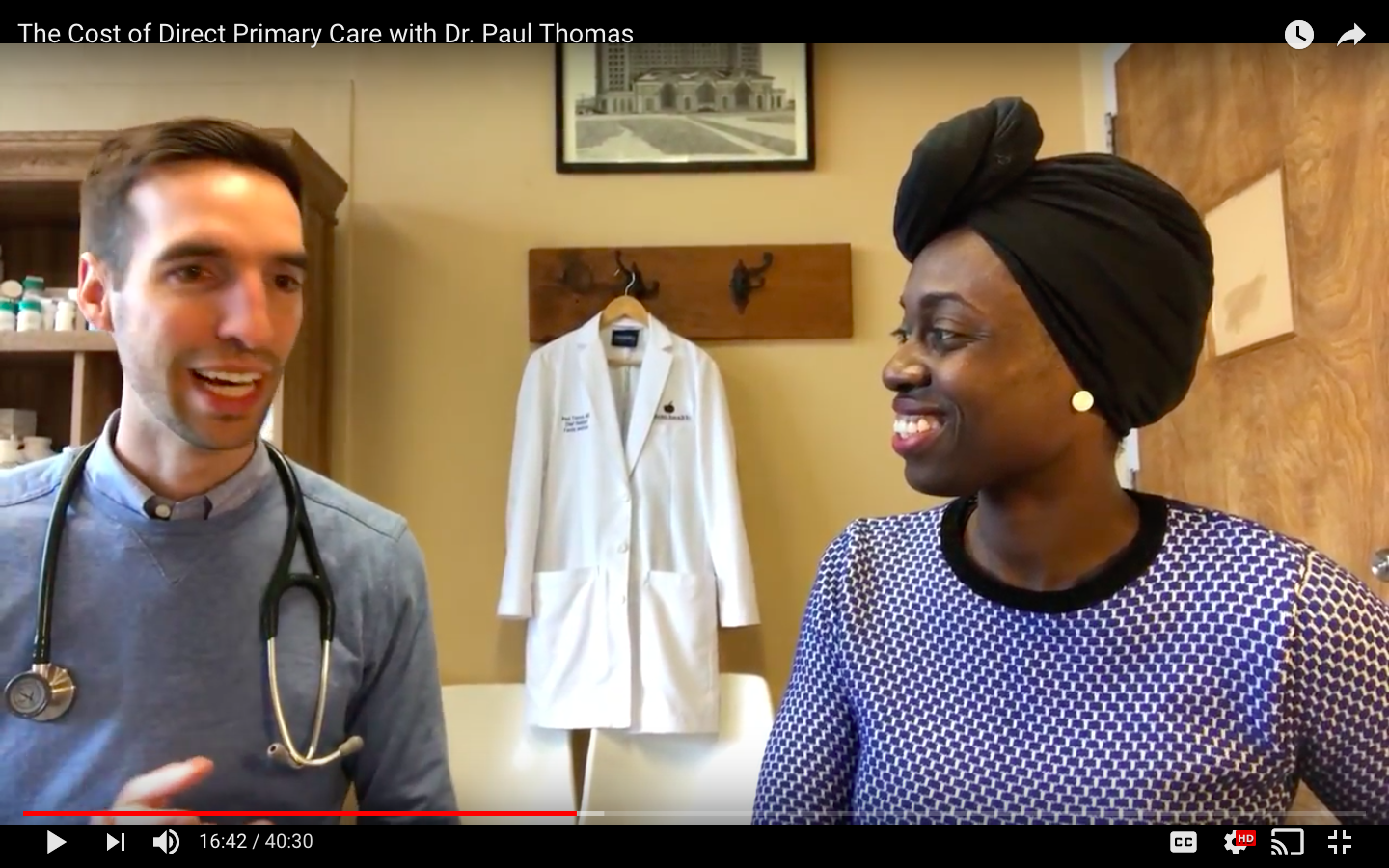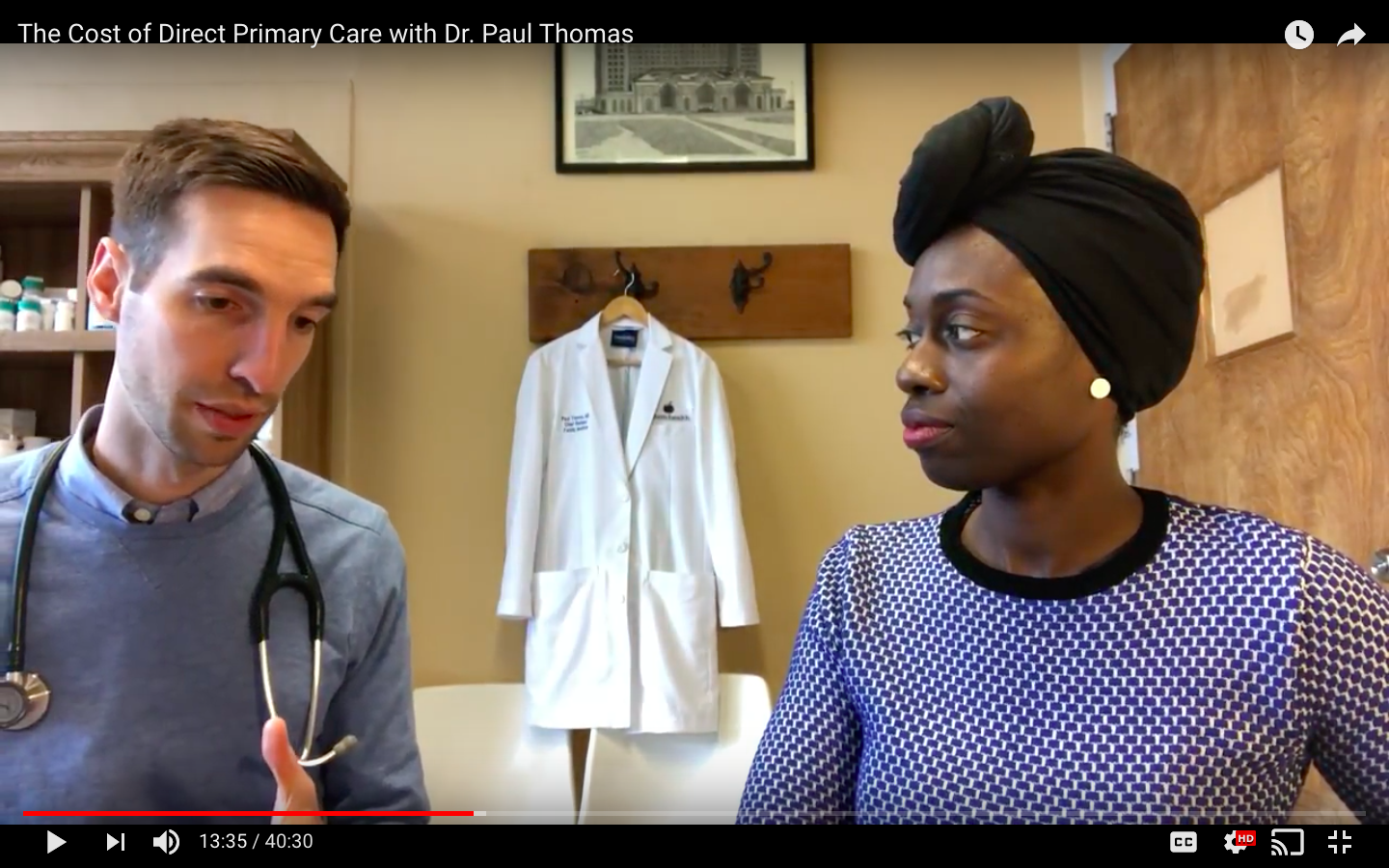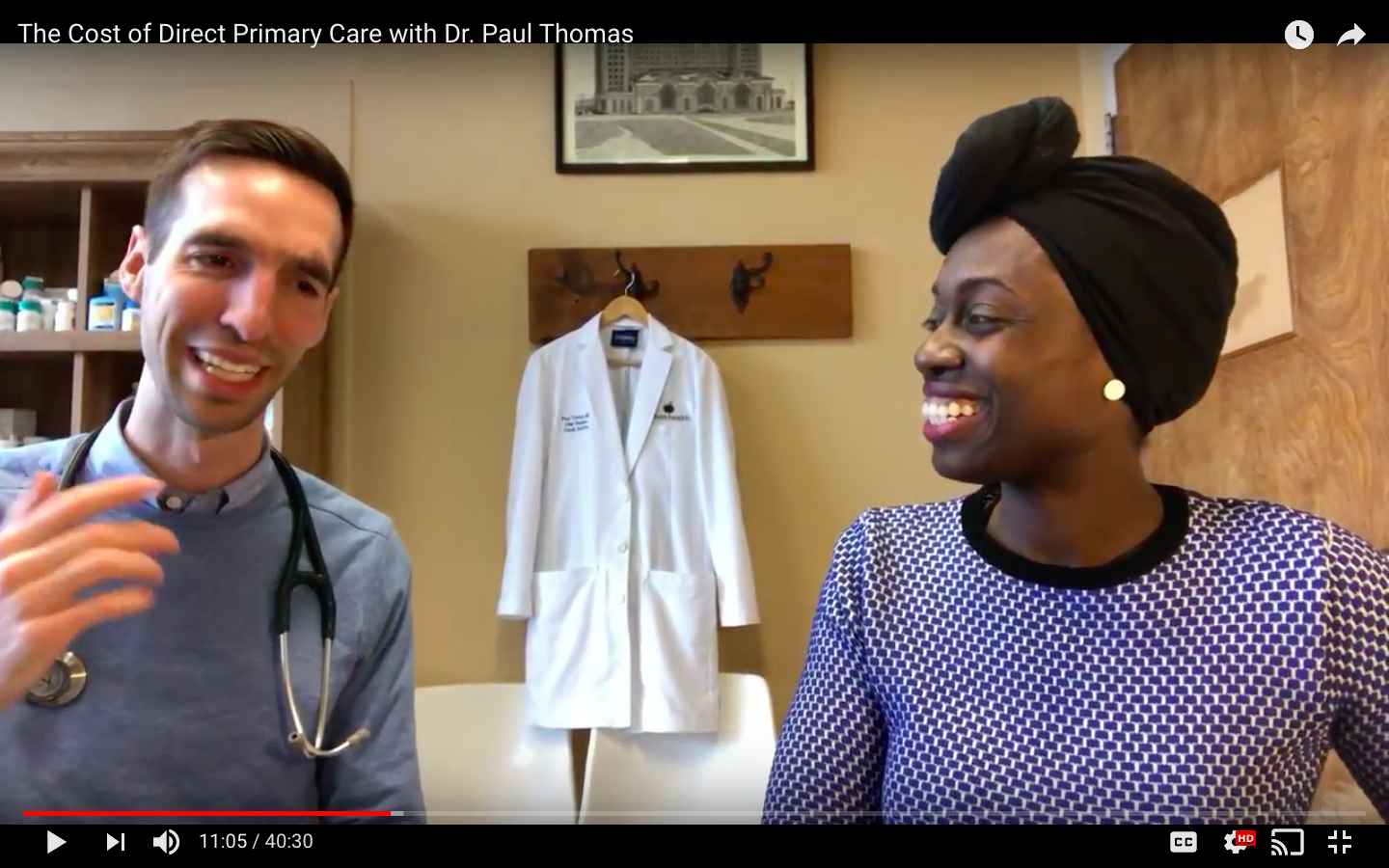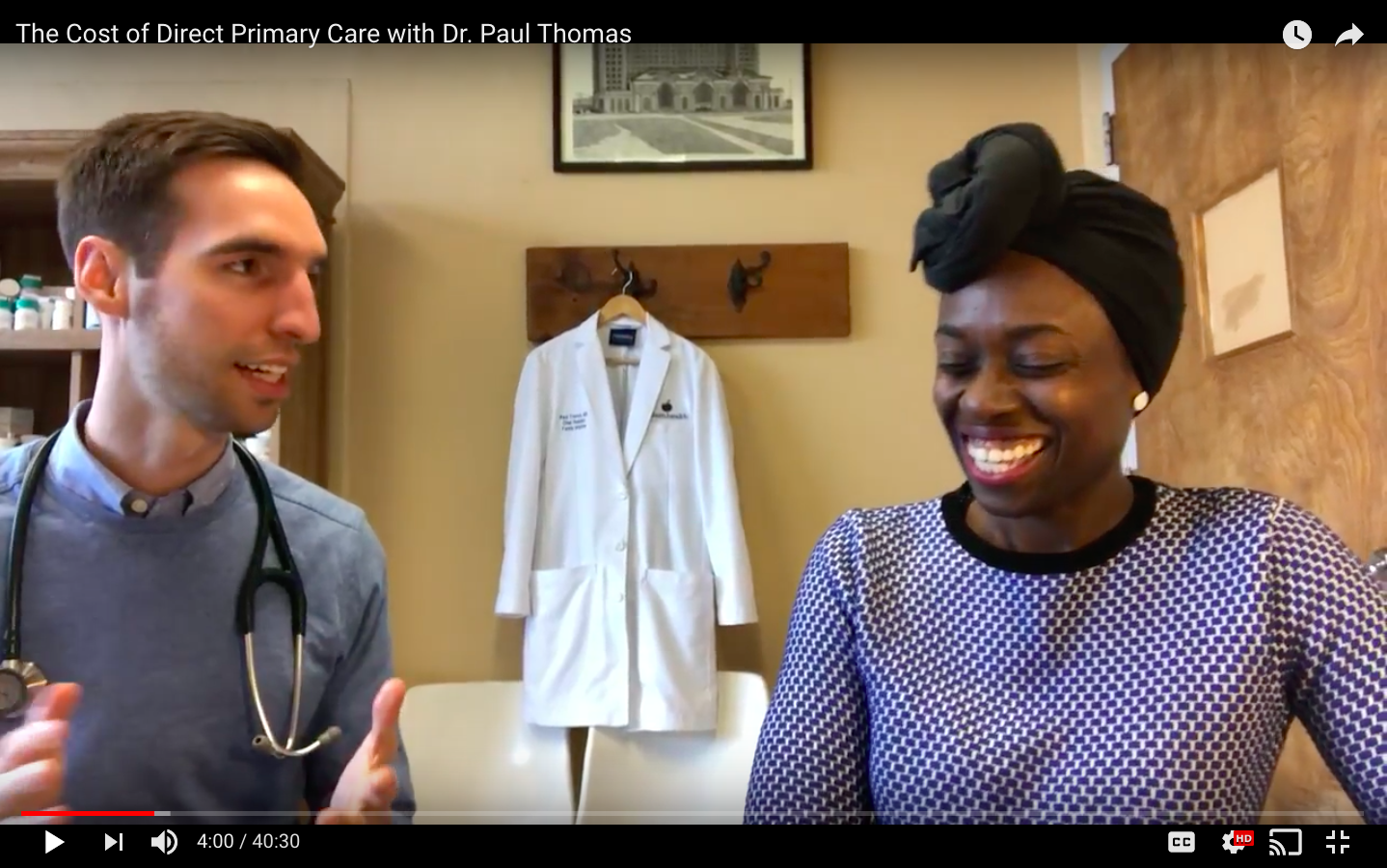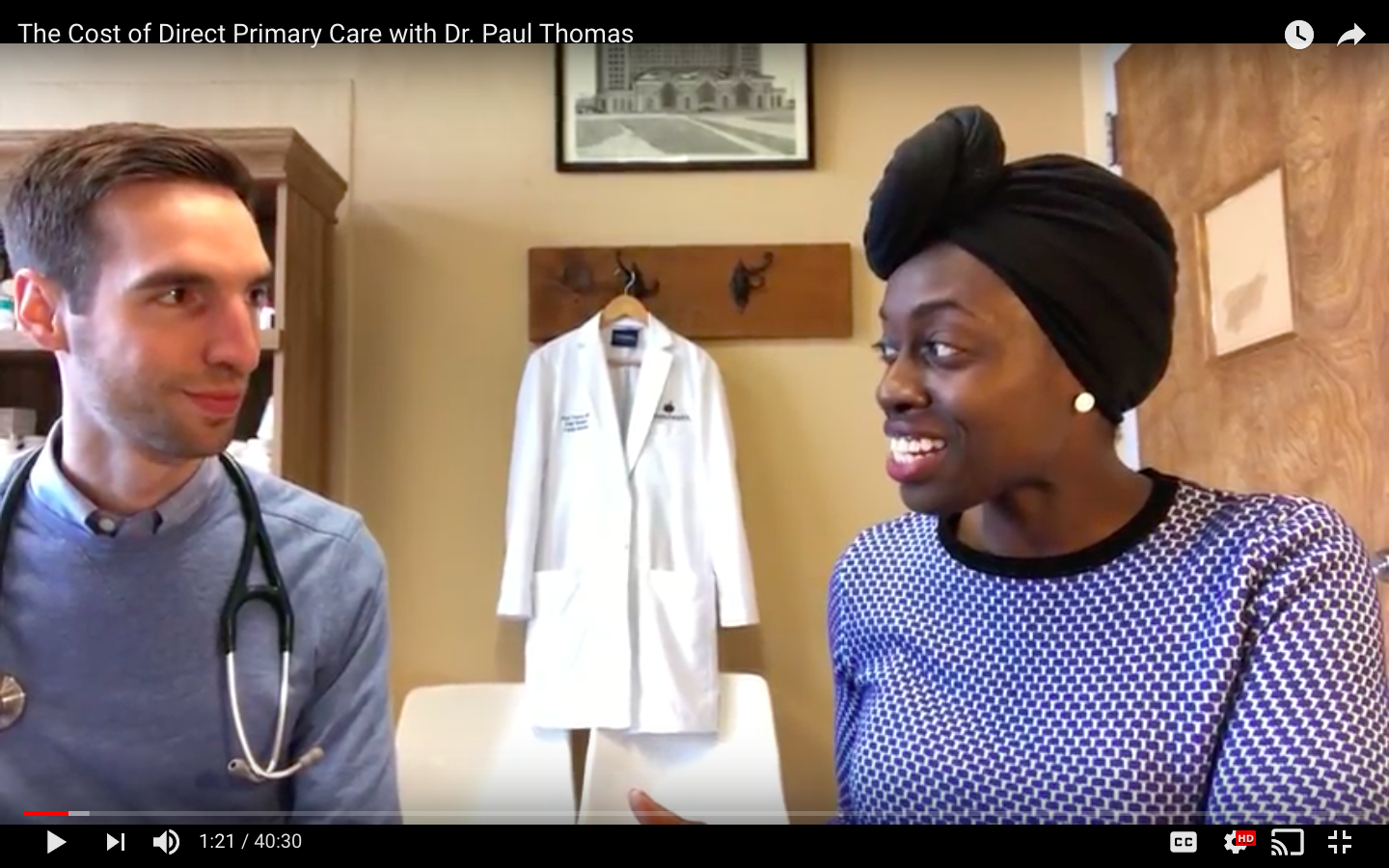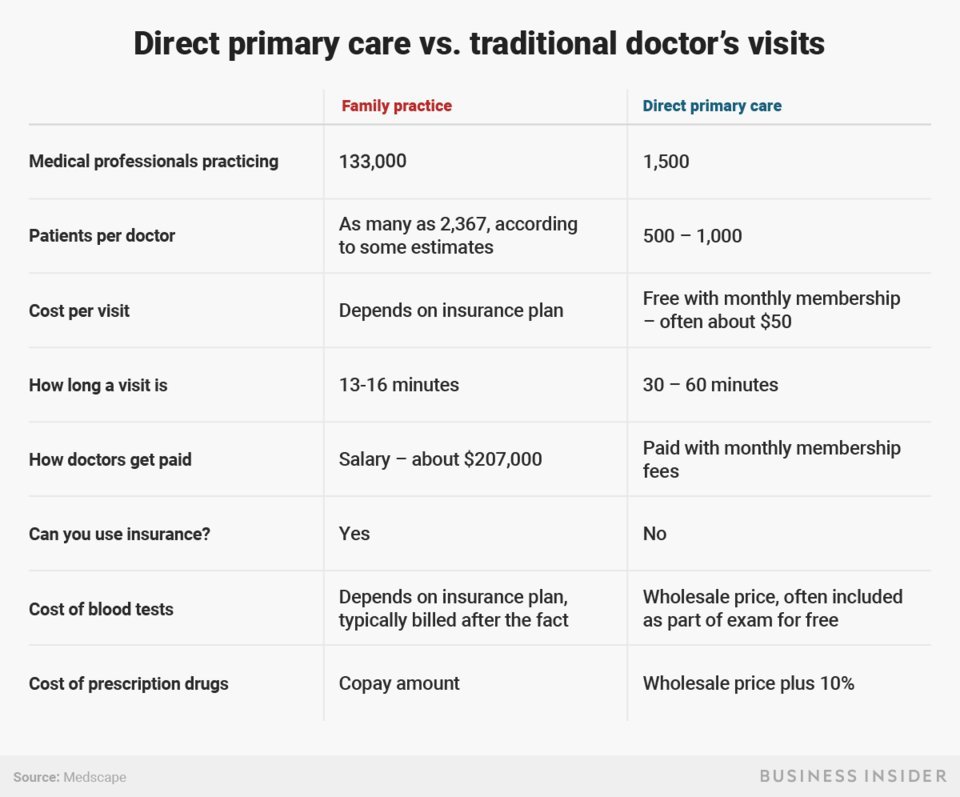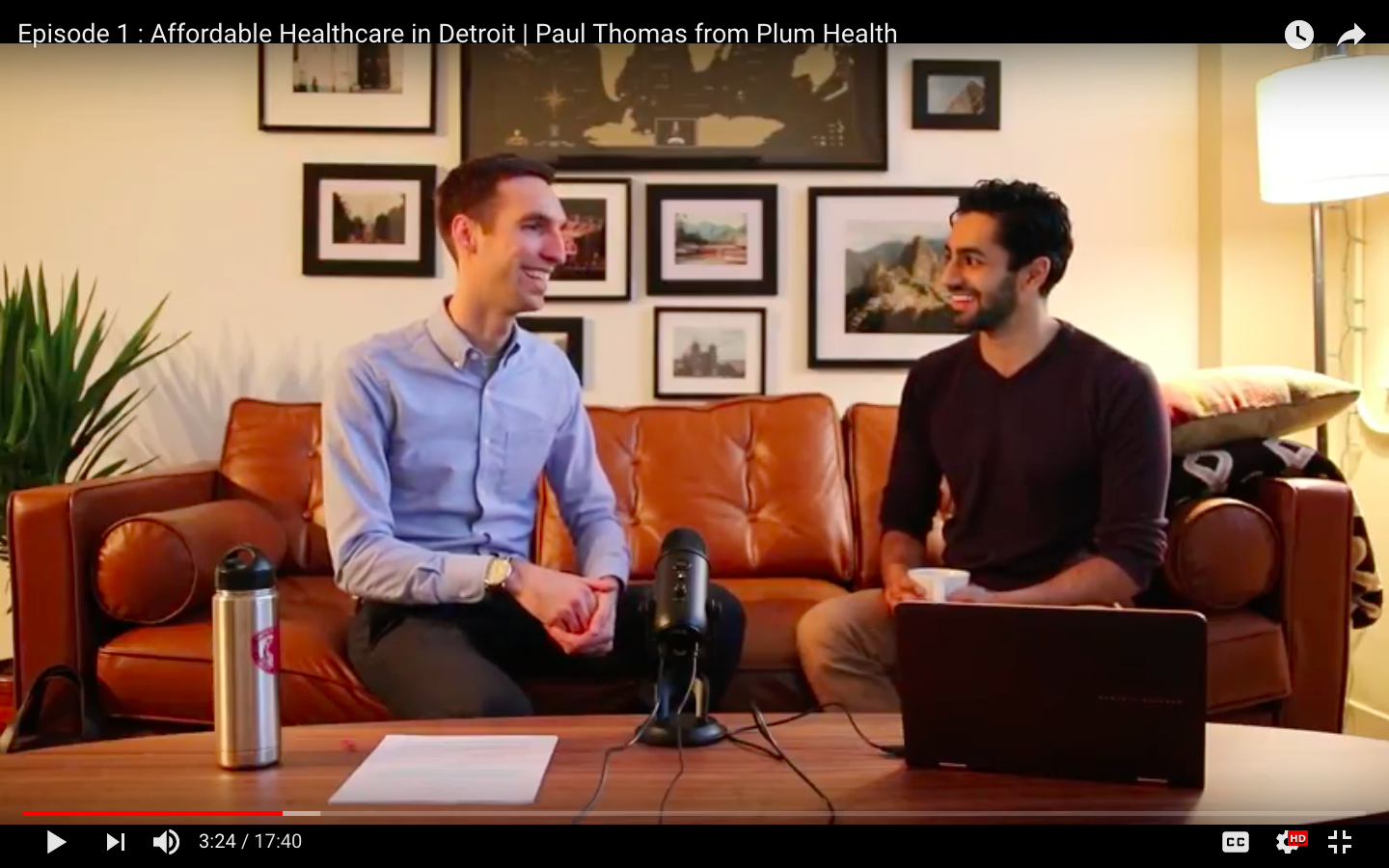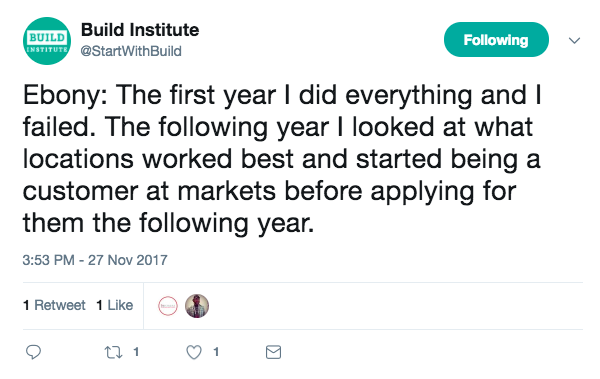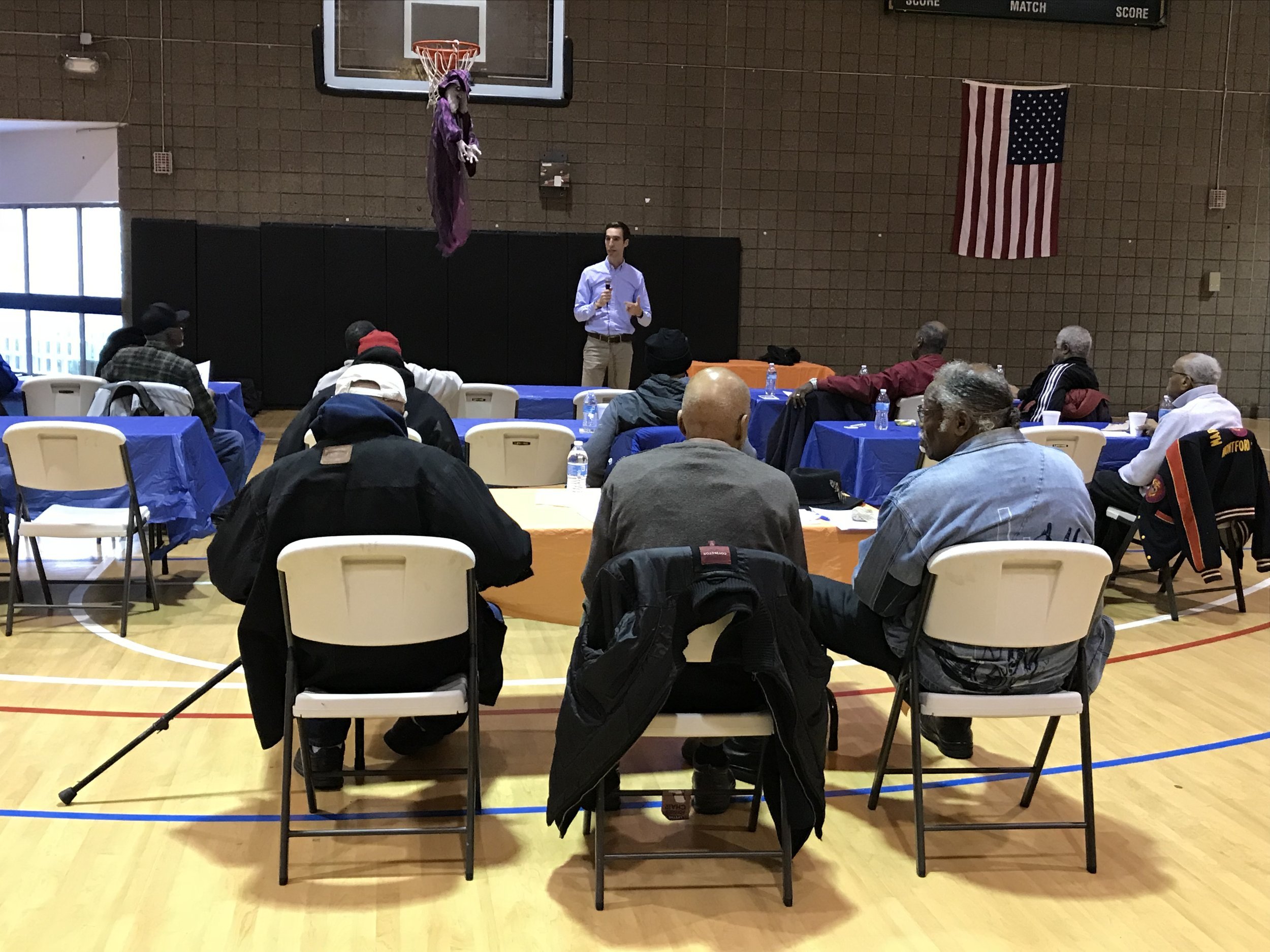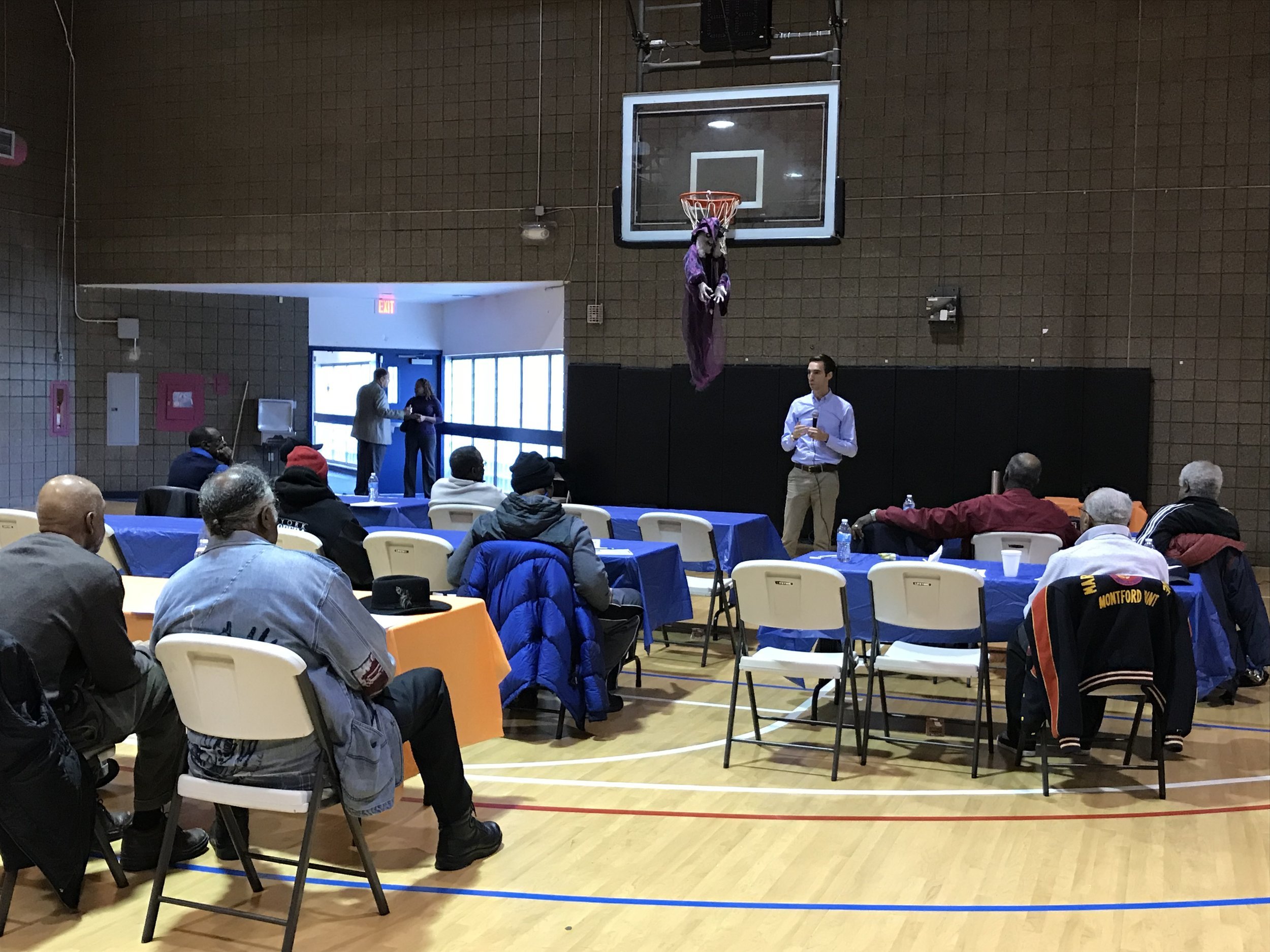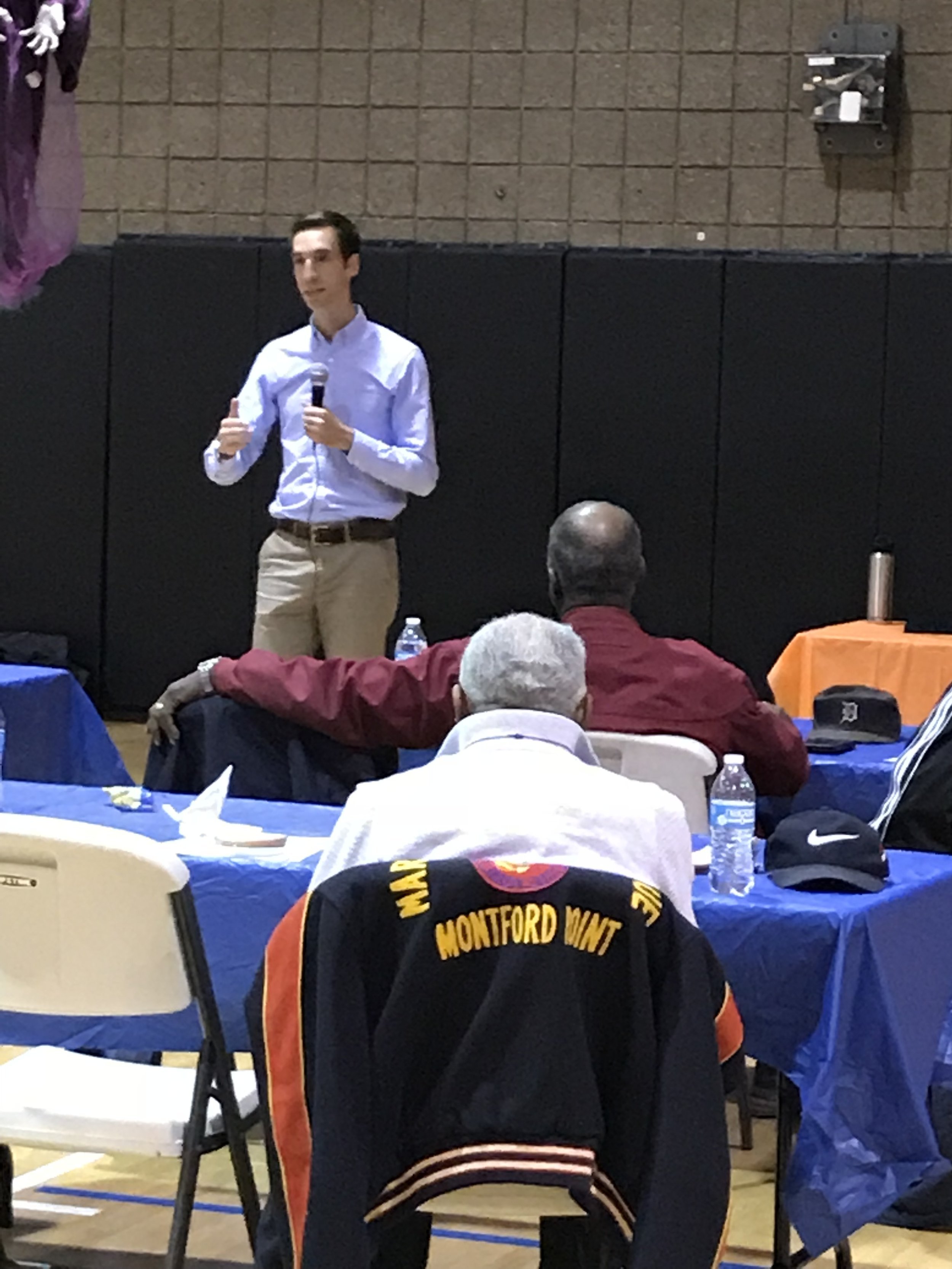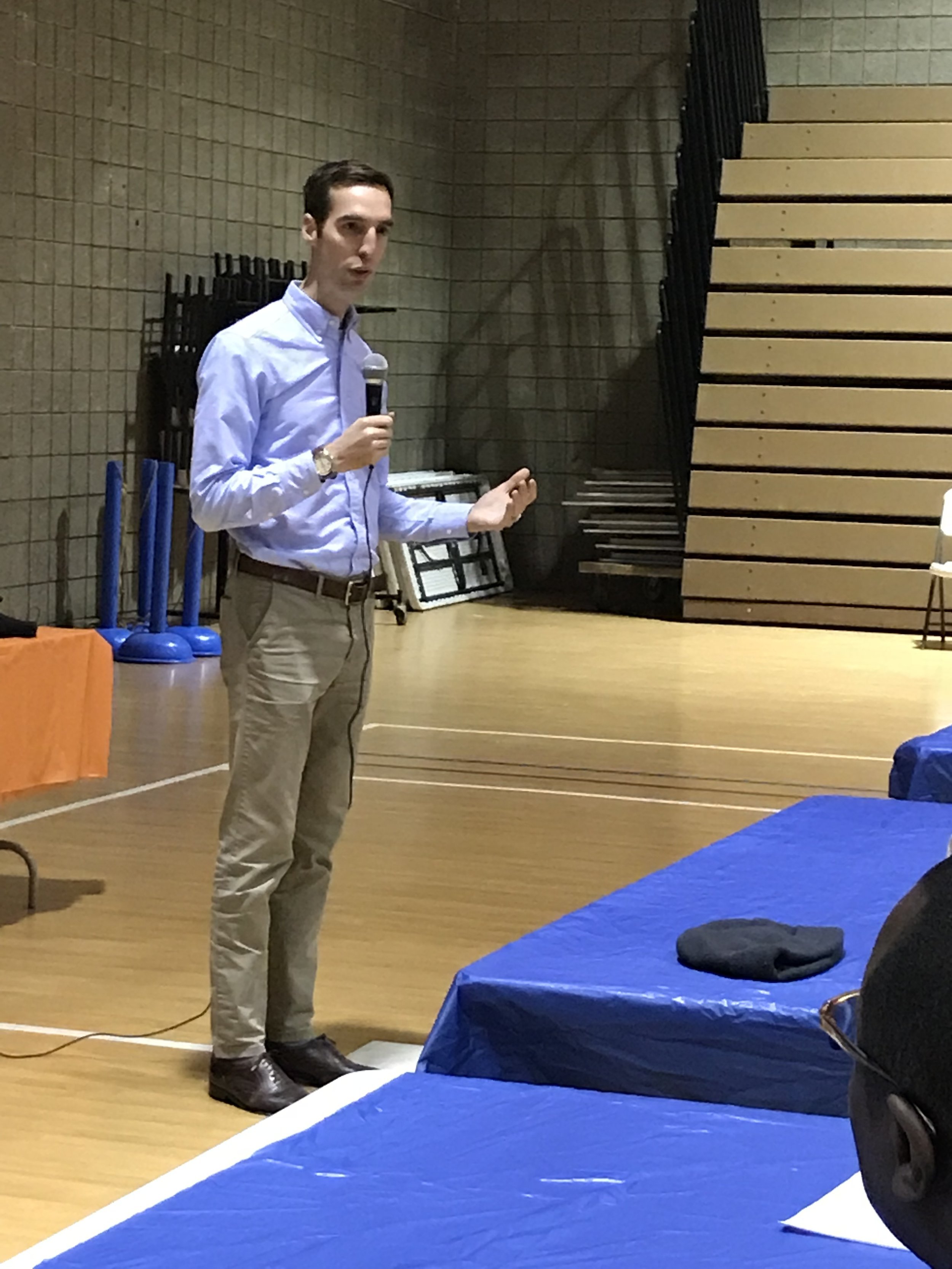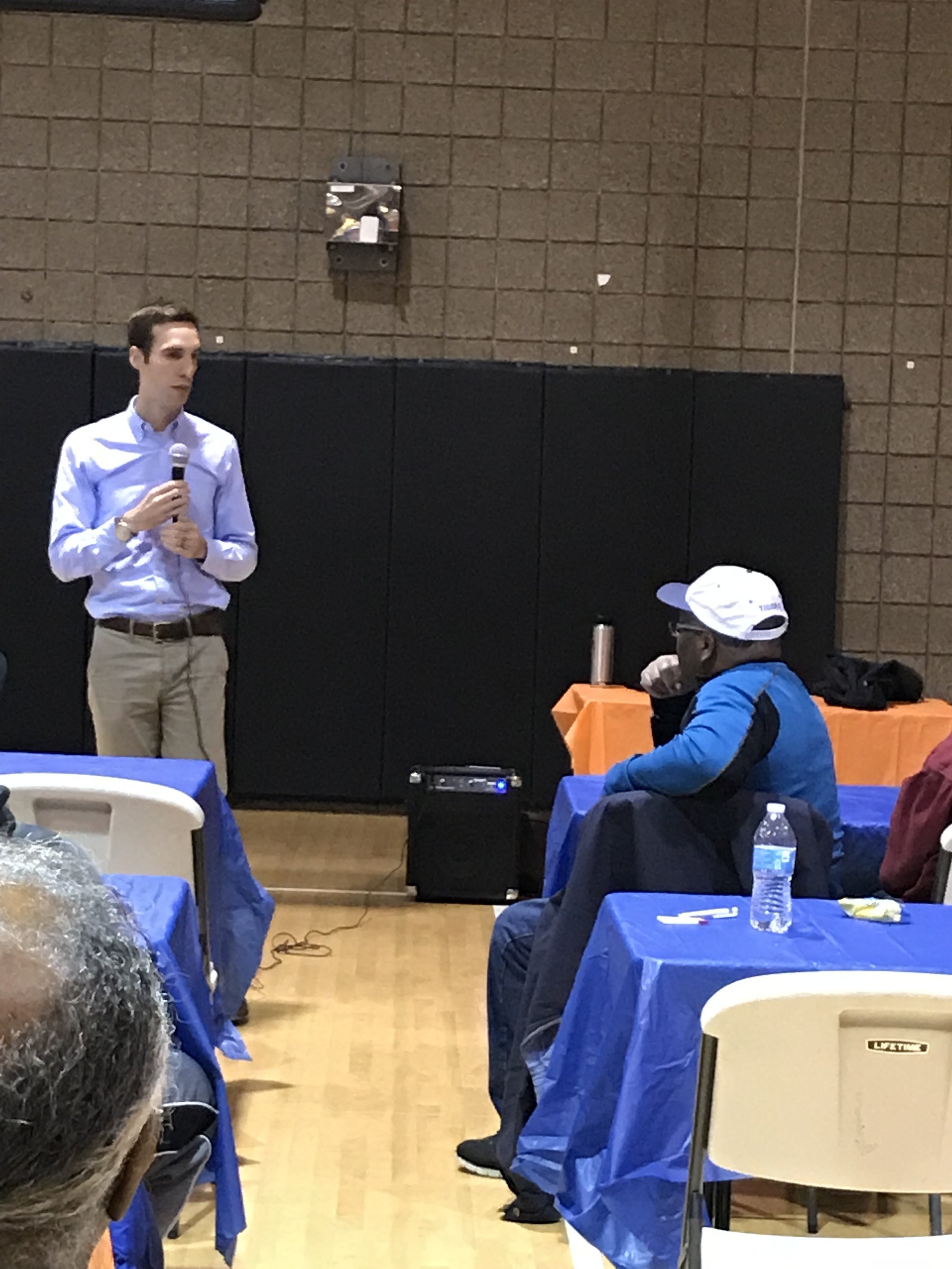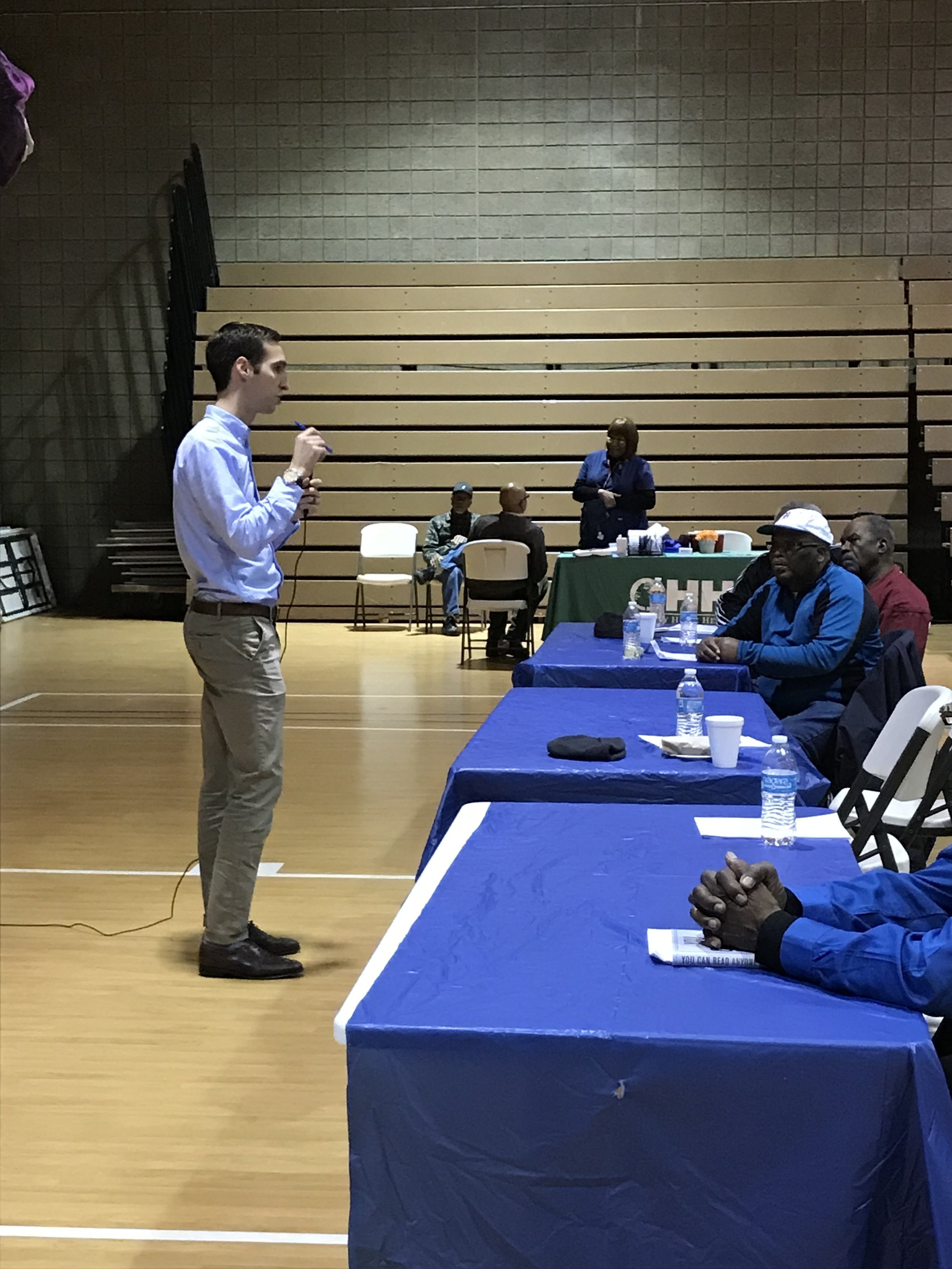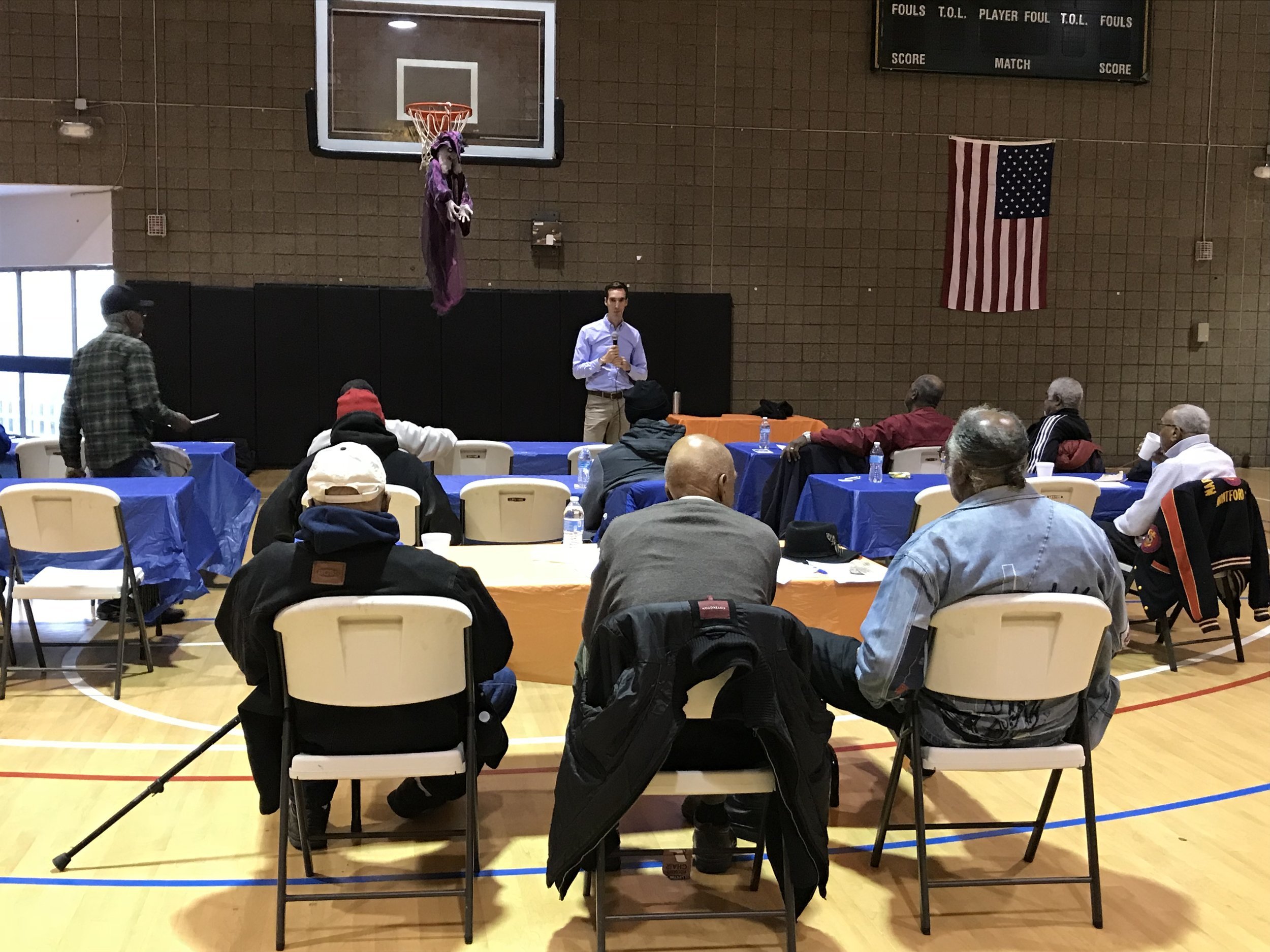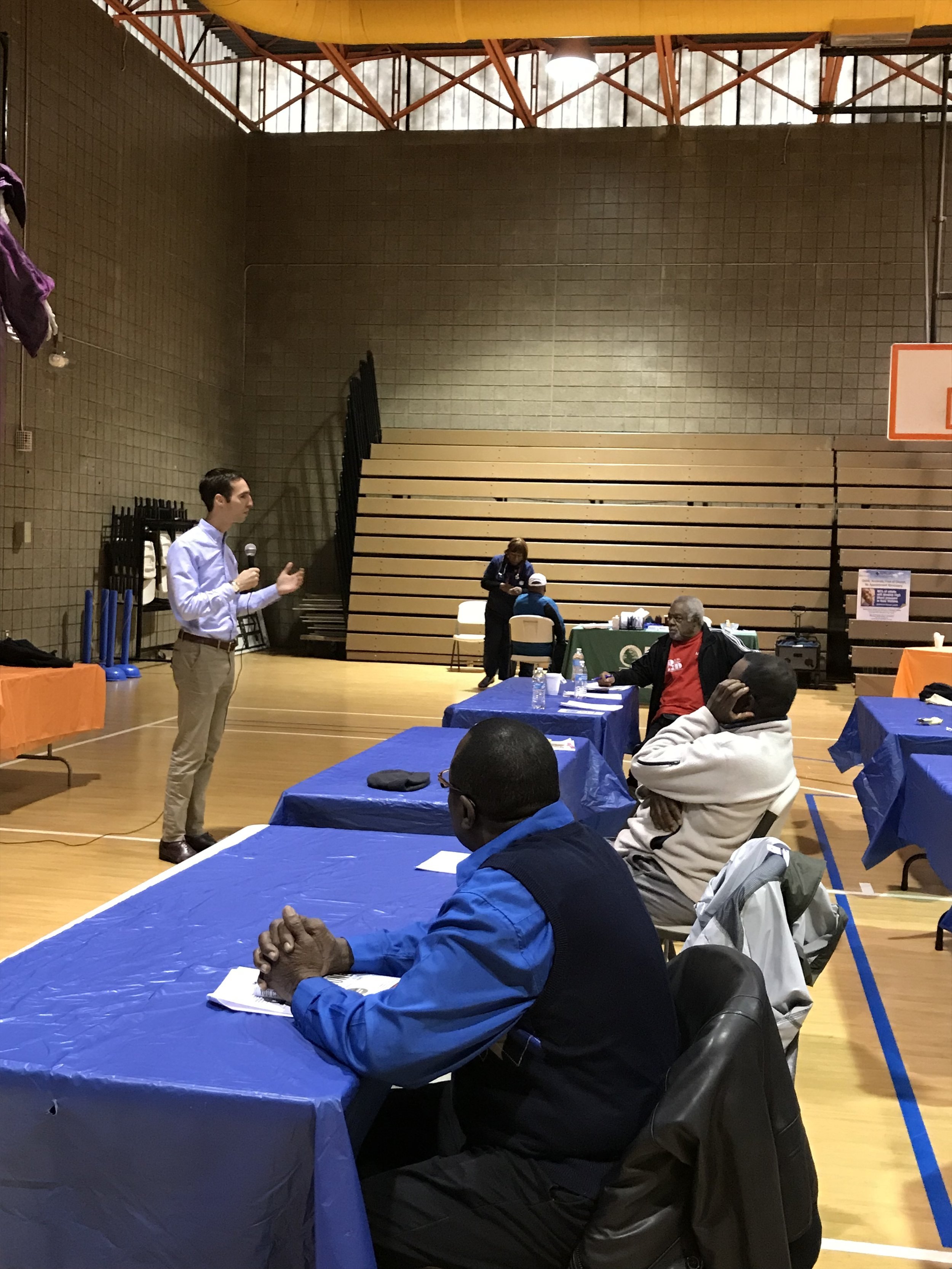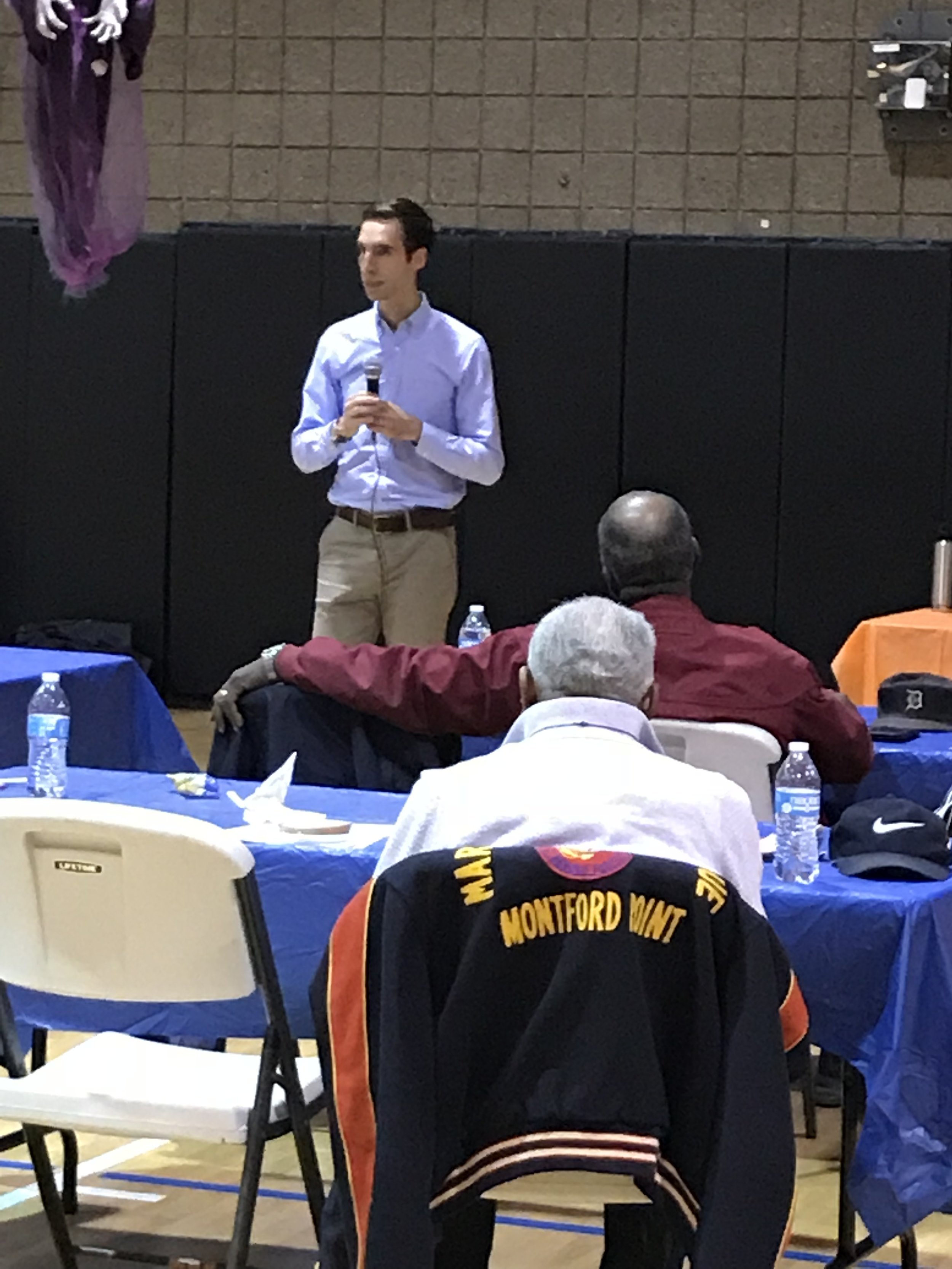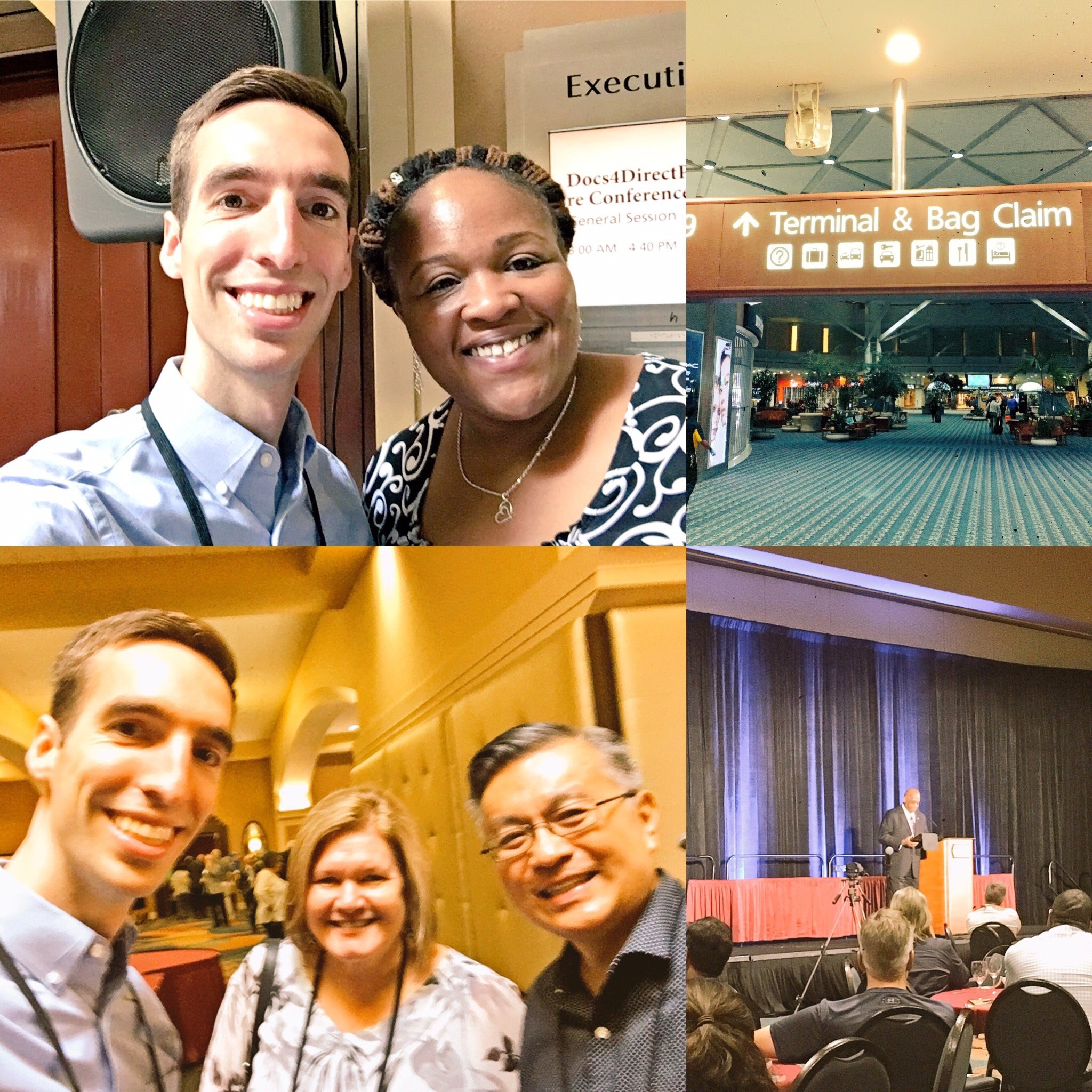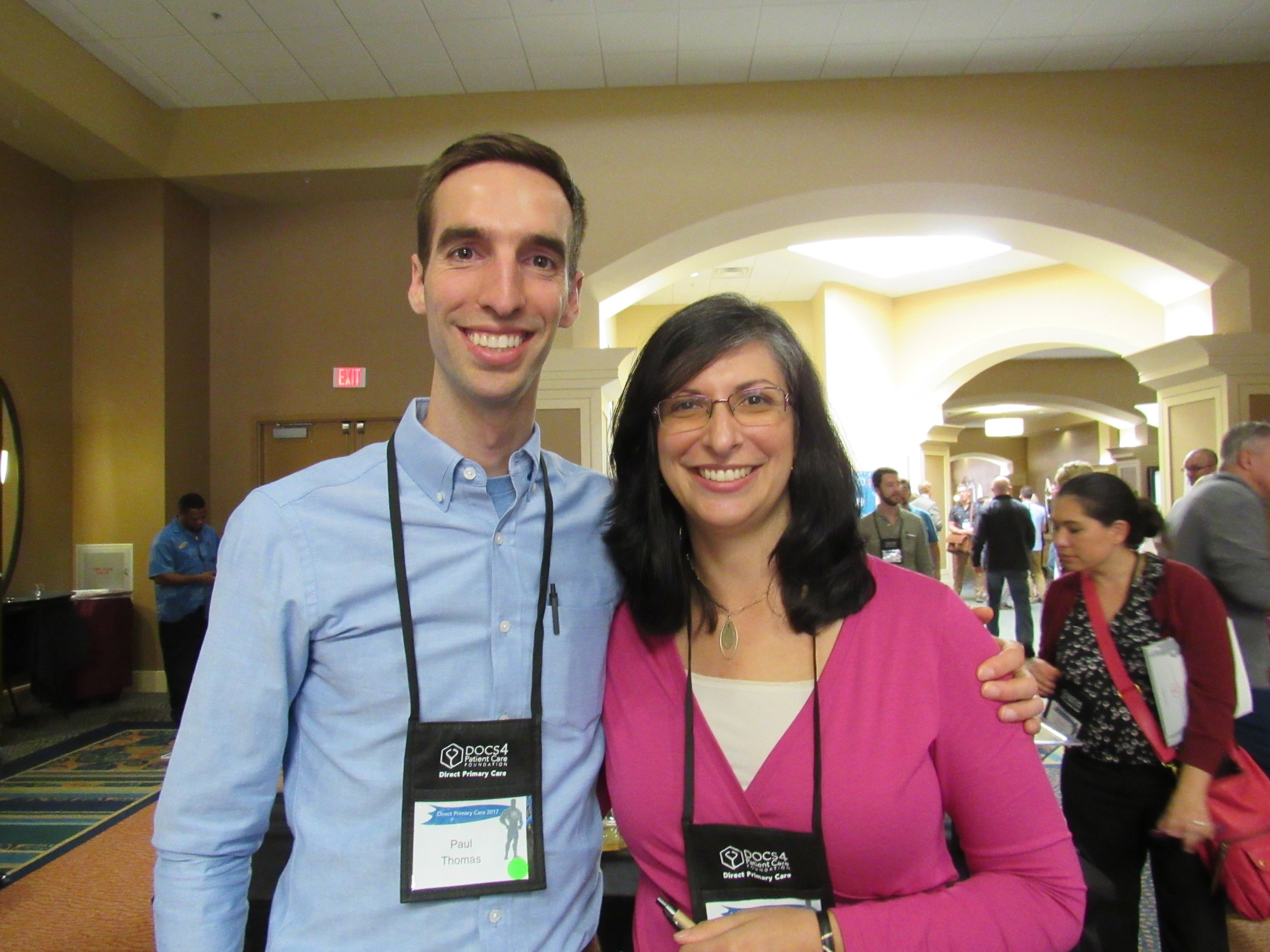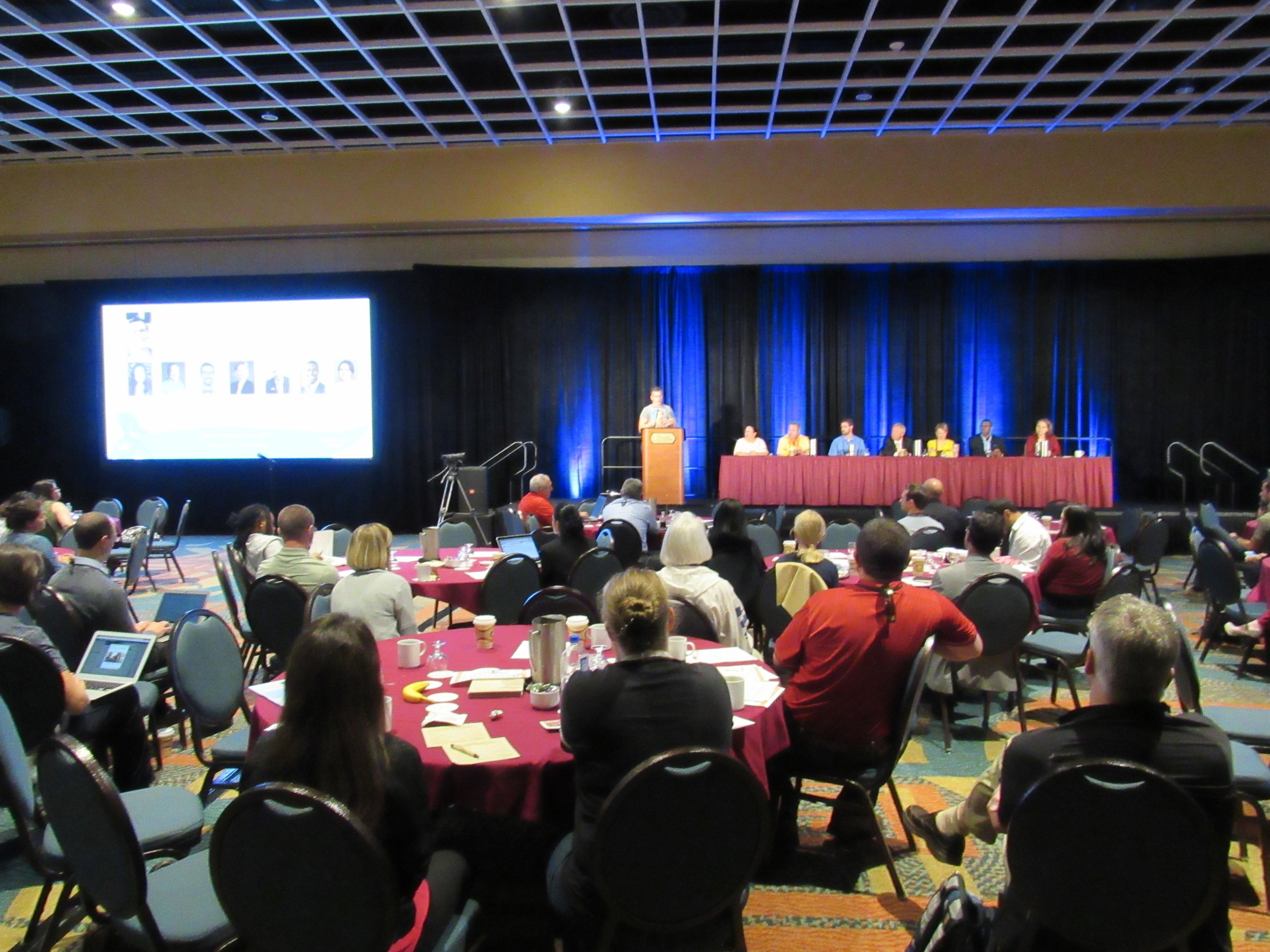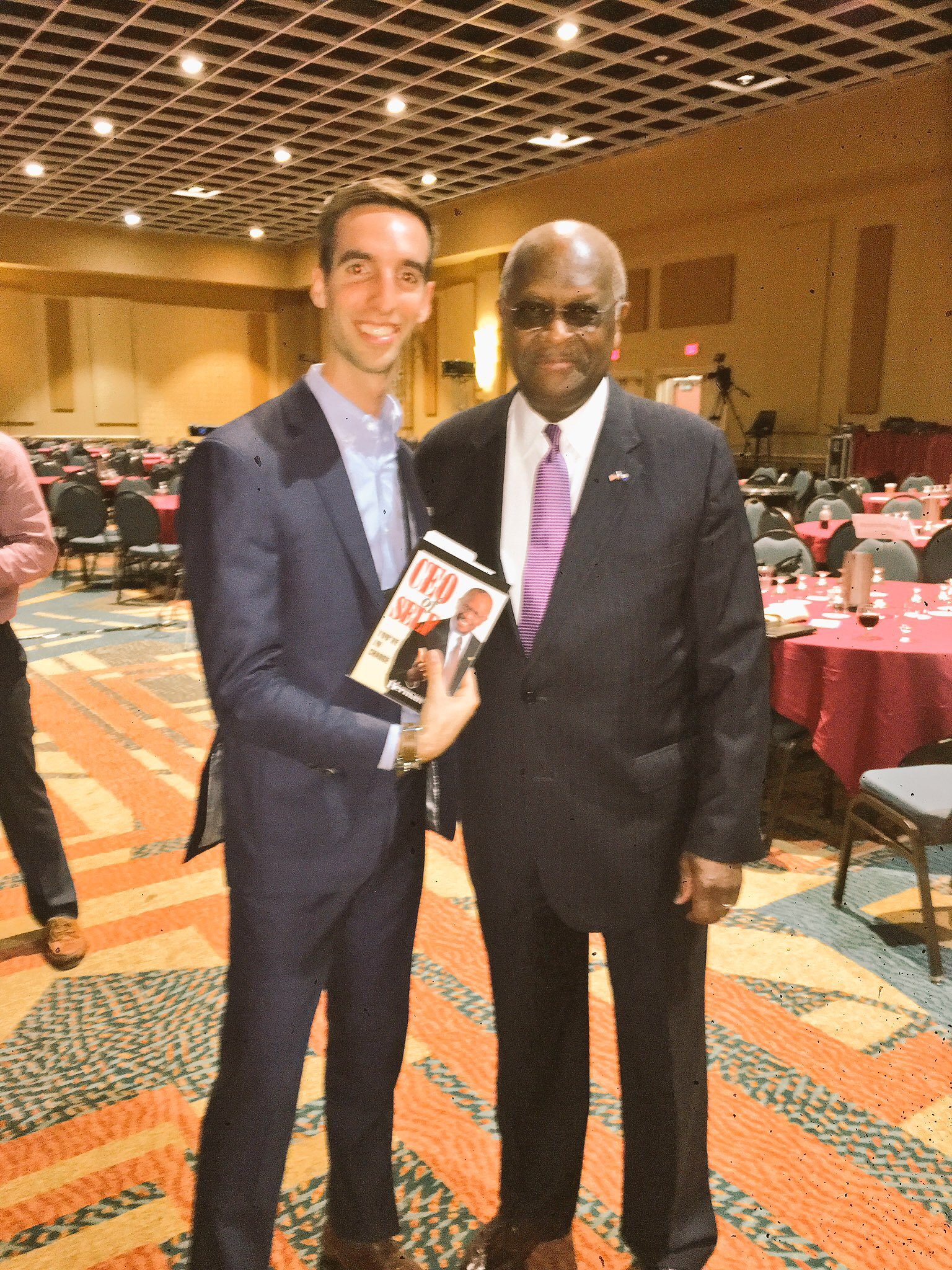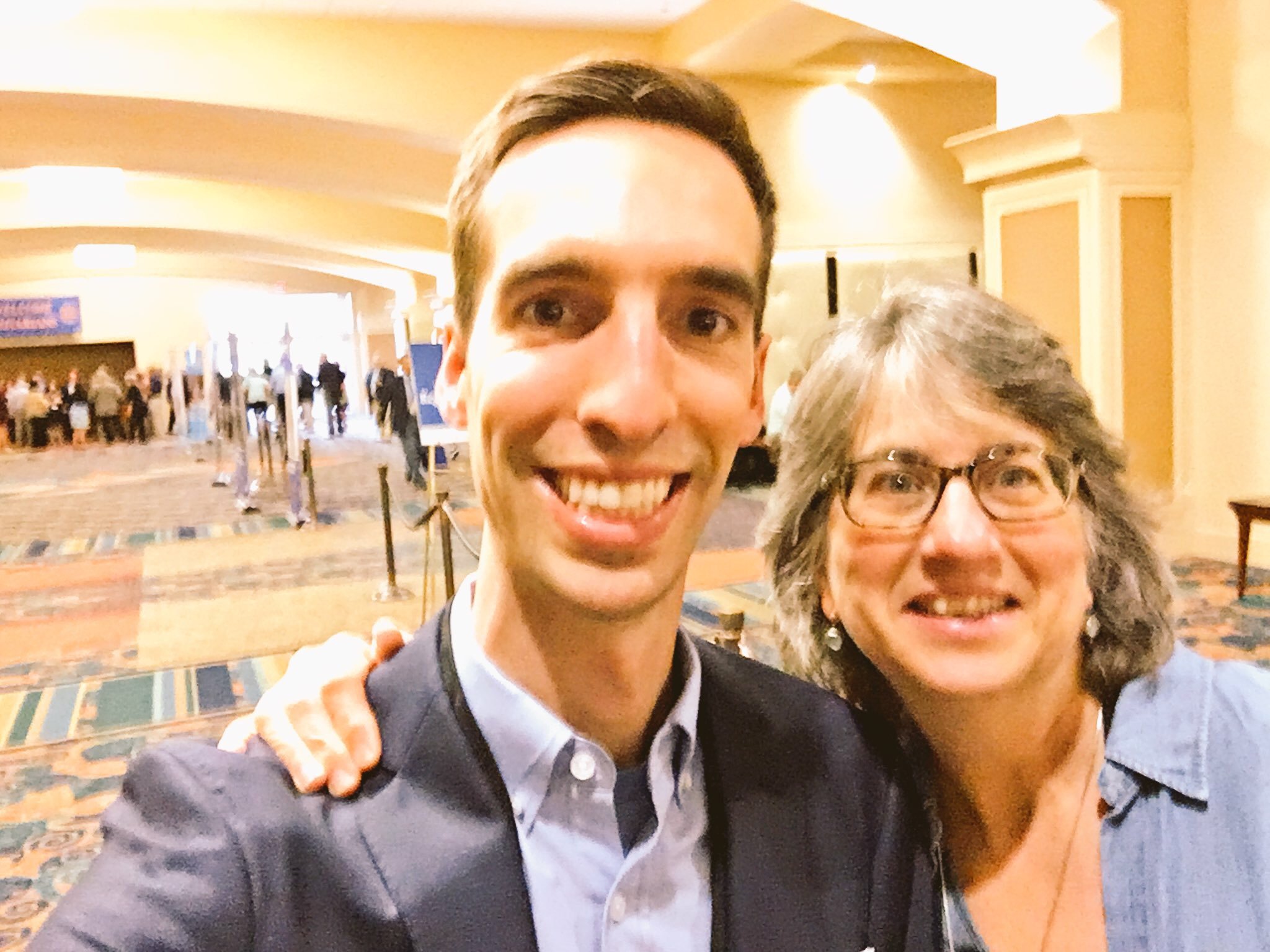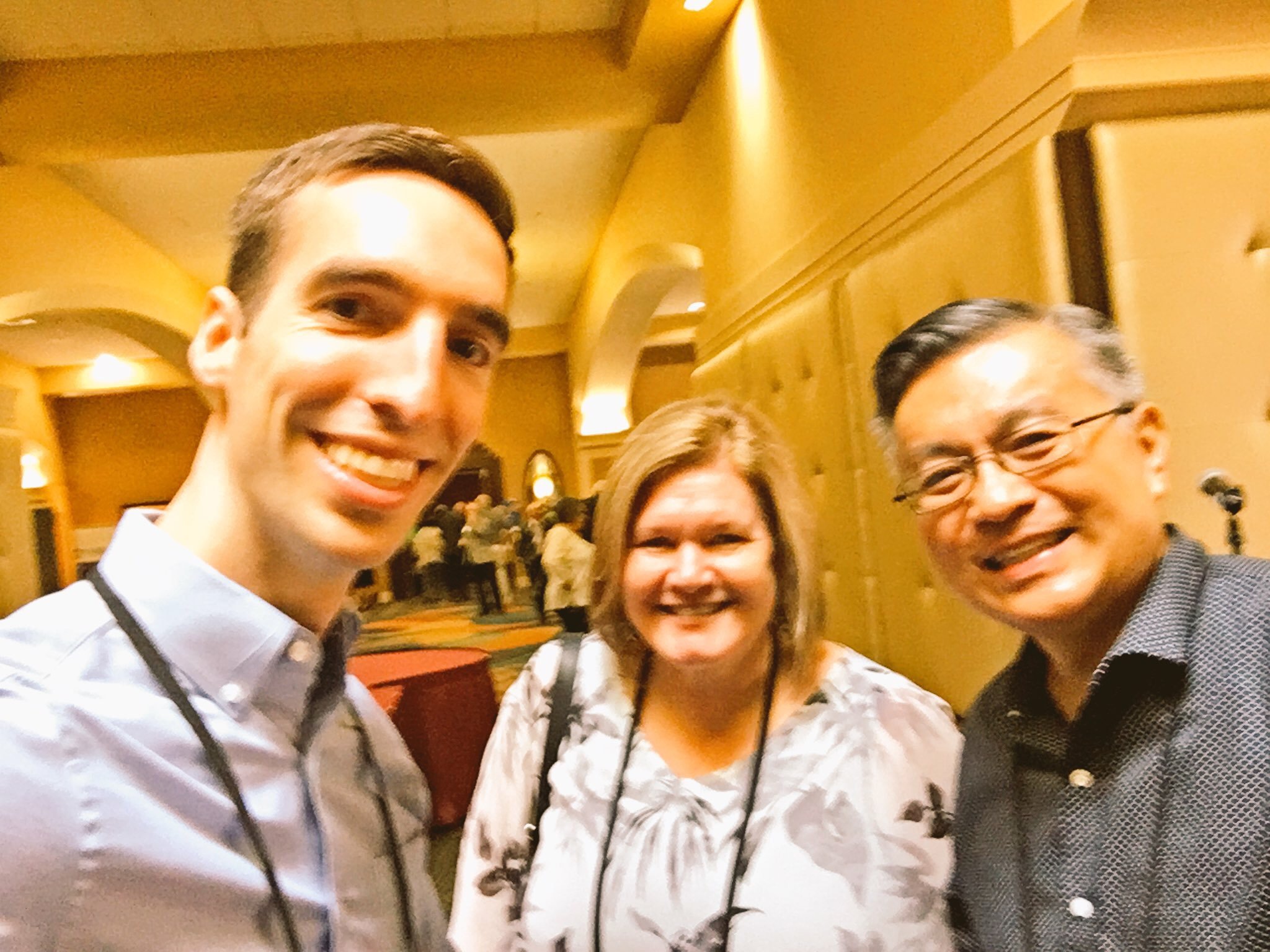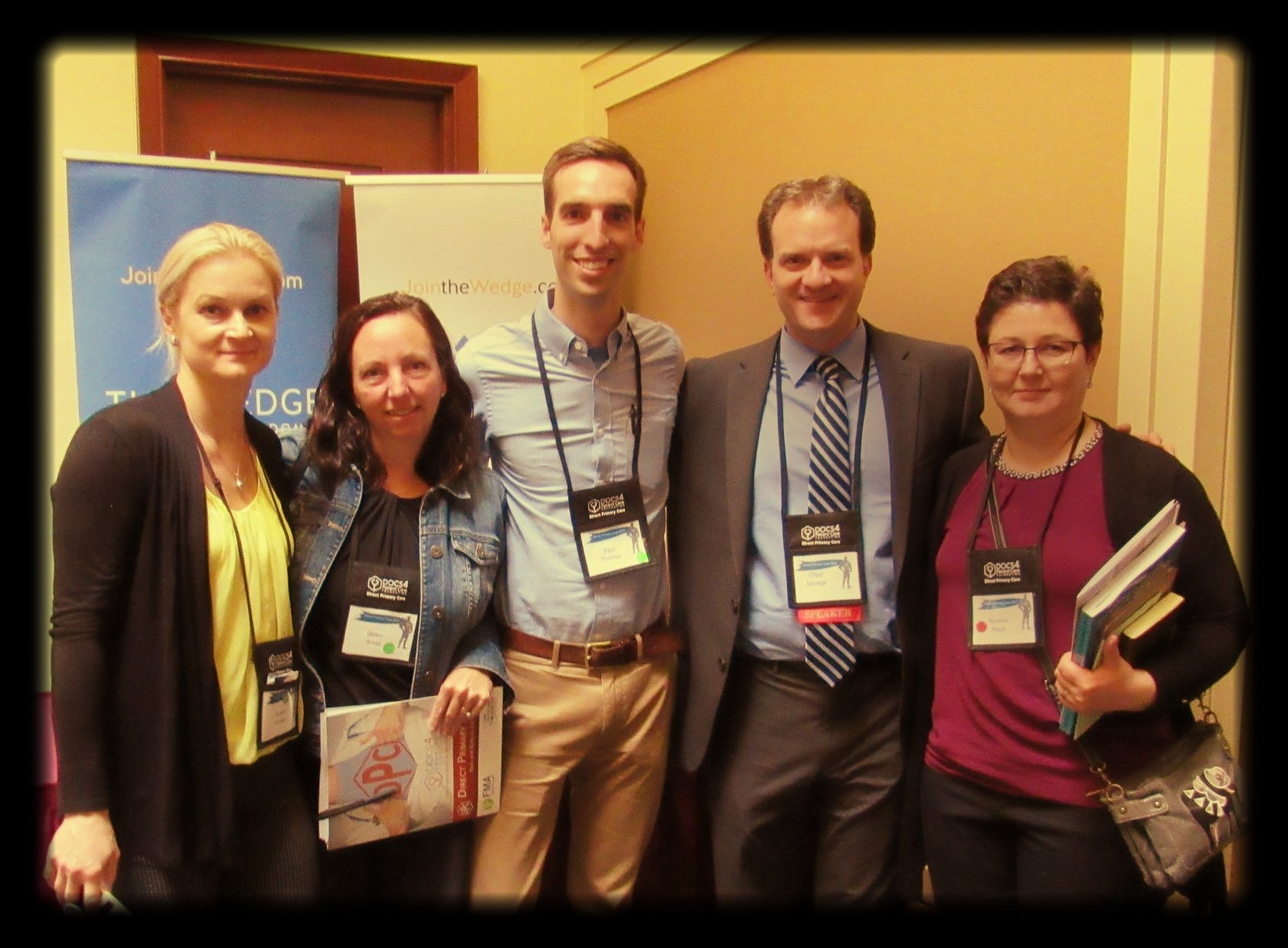Plum Health Blog
How to Find the Best Prescription Drug Prices in Detroit
As many of us are aware, the price of prescription drugs can be astronomical. People are paying for a retail markup at pharmacies, often paying 10 - 20 times as much as the drug actually costs at wholesale. Even worse, insurance companies often charge more for medications purchased via your insurance plan than the medication would cost if you bought it at the cash price.
Why is this important to me? I'm a Family Doctor in Southwest Detroit and I took an oath to do no harm, and for me that oath also includes doing no financial harm. So, I am focused on lowering the cost of health care for my patients and the greater community.
How to find the best prescription drug prices in Detroit
If you're like many people, you probably go to the pharmacy with your Rx card or prescription card from your health insurance company. You then have the pharmacist 'run the card' to find out if you get a discount when you purchase medication.
What you should do instead is ask the pharmacist, "what is your cash price for this medication?" Also, you can ask for any coupons that the pharmacist might have. If you are dissatisfied with the price, then pull out your insurance card and ask for them to 'run the card'. This will ensure that you have a fair price point to start from.
In addition, you can shop around for the best prescription drug prices in Detroit or in your local community by comparing prices online. Using tools like GoodRx.com can help you find the exact price for the medication you need.
Using Direct Primary Care to Lower Drug Prices
There is another option to find even lower prescription drug prices. That option is called Direct Primary Care. In the Direct Primary Care model, doctors aim to provide as much value as possible for patients' health care dollars. In simple terms, we DPC doctors try to lower the cost of health care.
What does this look like? It looks like 70% - 90% savings on prescription drug prices in Detroit and the Metro Detroit Area. Just check out this chart and see for yourself the actual, wholesale cost of the medication compared to the price you would pay at the pharmacy with the retail pharmacy mark up, or the inflated price.
Original image taken from Consumer Reports.
How do we do this? At Plum Health DPC, we buy the medications at a wholesale price and then we sell them to our patients at-cost. This means if we buy a bottle of 1000 blood pressure medications at $10, each pill costs 1 cent. Then your monthly prescription cost for that blood pressure medication is 30 cents.
In the above example, we are able to get Pioglitazone (Actos) for $4.30 per month, Celecoxib (Celebrex) for $6.47 per month, Duloxetine (Cymbalta) for $7.04 per month, Atorvastatin or Lipitor for $2.09 per month, and Clopidogrel or Plavix for $4.28 per month. The total monthly cost would be $24.18 for our patient, and that is a huge cost savings compared to the nearest retail pharmacy.
By lowering the cost of medications, we can improve access to primary care services, better control blood pressure and diabetes, and therefore decrease the risks of heart attacks, strokes, and complications of diabetes in our community. This will lead to lower rates of disability and death, or a healthier society.
We are proud to make a difference in this way. Thank you for reading and learning about the cost of prescription drugs, and let me know if I can help you or a family member lower the cost of health care.
Sincerely,
- Dr. Paul Thomas, MD with Plum Health DPC
Speaking at the AAFP DPC Summit 2018
Speaking at the AAFP DPC Summit
This weekend, I had the privilege of speaking at the American Academy of Family Physicians' (AAFP) Direct Primary Care Summit 2018. The DPC Summit 2018 took place in Indianapolis, Indiana from July 13th - 15th and we shared best practices about Direct Primary Care.
Several of the founding members of the Direct Primary Care Alliance, an organization advocating for the needs of the independent DPC doctors, including Dr. Paul Thomas, MD, Dr. Ryan Neuhoffel, Dr. Julie Gunther, Dr. Phil Eskew, Dr. Nicholas Tomsen, Dr. Landon Roussel, Dr. Amy Walsh, Dr. Delicia Haynes, Dr. Jeff Gold, Dr. Luke Van Kirk, Dr. James Gaor, Dr. Staci Benson, et al.
The name of my talk was "DPC Hustles Harder", an homage to the entrepreneurial spirit and can-do attitude of my home town summed up in the phrase "Detroit Hustles Harder." I also see several parallels between Detroit and the DPC movement - embattled, not fully understood, at a crossroads, with the potential to grow rapidly.
I named my talk DPC Hustles Harder because as a DPC doctor, your name is not on the back of your patients' insurance card and you will not get referrals from large health care systems or their doctors or administrators. In fact, as a DPC doctor, you have to go out, pound the payment, write for local papers, write blog posts, send emails, and leverage social media platforms to reach your target audience.
All of this can be a ton of work and it can feel overwhelming, especially for physicians who haven't had any formal communications or digital marketing training. So I set out to simplify the tools and processes for doctors to reach more patients.
I did this because I believe in the Direct Primary Care model and the DPC movement, it's ability to lower the cost of care and deliver a higher quality of service for patients, families, and communities across our nation. I sincerely believe in the abilities of my DPC colleagues, and I want to help and uplift their efforts.
I don't have the full video version of my presentation, but I will post it as soon as it's available. For now, I have several pictures taken by my colleagues (see below), some great memories from connecting with my colleagues, and a deep sense of gratitude for the ability to teach others about how to overcome challenges when it comes to branding and marketing their Direct Primary Care practices.
Thanks for reading and have a wonderful day,
- Dr. Paul Thomas with Plum Health DPC
Finally, if you’re a Primary Care Doctor or Allied Health Professional that is looking to Start and Grow a Direct Primary Care practice, check out our sister site www.StartUpDPC.com.
Speaking at the American Academy of Family Physicians Direct Primary Care Summit 2018, my lecture was called DPC Hustles Harder and it focused on Branding and Marketing your Direct Primary Care Practice.
Wayne State University School of Medicine History Presentation
Our video has been posted online! I had the opportunity to present the history of Wayne State University School of Medicine, and it is now available as a YouTube video. Check it out, below.
Thanks for reading and watching!
- Dr. Paul Thomas with Plum Health DPC
How is Plum Health Making an Impact?
Family Medicine Doctor Reaching Out in Detroit
Dr. Paul Thomas speaking to elementary school students at Munger Elementary/Middle School on Detroit's West Side during Career Day.
This week, I engaged in two outreach events, one at Munger Middle Elementary/Middle School on Detroit's West Side and one at the Northwest Activities Center in NW Detroit. The first event had me speaking to a group of about 30 elementary school students, sitting cross-legged on a gym floor. We talked about what it takes to become a doctor, the dreams that they had for their futures, and the steps that it would take to achieve those dreams. They even made me a nice gift for coming out - a small paper doctor.
Dr. Paul Thomas at Munger Elementary/Middle School on the West Side of Detroit.
The event at the Northwest Activities center had me speaking to about 100 senior citizens who had innumerable questions about health and wellness. They asked me about everything from high blood pressure, to diabetes, to nutrition, exercise, arthritis, and declining cognitive function. Also at this event, the community had organized fresh food distribution.
Dr. Paul Thomas at the Northwest Activities Center in NW Detroit after speaking to a group of senior citizens about health and wellness.
Both were inspiring in different ways, and also showed how we can make a big impact by reaching out to the community and educating people from elementary age to senior citizens. I think a lot about impact, and how we're making a positive impact in the community, and I wanted to share an essay I wrote earlier this month:
How a Family Doctor Makes an Impact
The problem that I am solving is access to affordable medical care, not just for individuals, but also for small businesses and communities. On the individual level, I cannot count the number of people who have presented to our clinic to establish care with a family doc for the first time in years, sometimes even decades. They feel comfortable because the price point is understandable, services and charges are transparent, and we've created a welcoming environment for all people.
I’ll give the example of the lifelong Detroit resident who had a uncontrolled blood pressure, who avoided medical care because the cost was simply too high. She signed up for a membership with us, and we are managing her blood pressure with medication that costs under $2/month. She is now at goal, and cried in our office after reaching this critical threshold.
Next, we’re solving a big problem for small businesses. Small business owners want to provide services and benefits that will help them attract and retain employees, and often times traditional health insurance products are financially out of reach. Rather, they choose to provide Plum Health and our health care services for their employees: an affordable product that’s understandable and easy to access for their workers. We are now seeing small businesses that are proud to offer our service as a benefit to their employees as a mean of attracting and retaining talent.
Finally, we’re solving the problem of neighborhood-based primary care services in Detroit, a city that is critically underserved from a primary care perspective. There are fewer than 100 primary care doctors in the City of Detroit, equating to roughly 1 doctor for every 6,300 residents. We are meeting a significant need in our Southwest Detroit location by serving a community that otherwise would not have access.
Thanks for reading, and have a wonderful day,
- Dr. Paul Thomas with Plum Health DPC in Detroit, Michigan
The History of Wayne State University School of Medicine
This week, I was invited to give a presentation on the history of Wayne State University School of Medicine during its Sesquicentennial Celebration. Yes! The WSU SOM is 150 years old, and it has a rich history of diversity, inclusion, and innovation that should be celebrated. Interestingly, the history of the Medical School is the history of the University, as the University grew out of the Medical School. While I can't cover the entire history in a single blog post, I will give some highlights from the early years of the college below. When the full presentation is released later this year, I will post it to the blog as well.
Theodore A. McGraw, MD, founder of the Detroit Medical College, which would later become Wayne State University School of Medicine.
The Detroit Medical College was founded in 1868 by five returning Civil War Veterans. One can only imagine the horrors that they saw on the battlefield and you can also imagine the inadequacy that they felt in treating wounded soldiers. In the 1860's, aseptic surgical techniques were only beginning to be used and anesthesia was not fully understood.
Can you imagine what it might have felt like to be a battlefield clinician, and not having the proper tools or training? Dr. Theodore McGraw, founder of the Detroit Medical College is quoted as saying: "I had discovered in my two years of army activity that I was deficient in that exact knowledge of anatomy that was essential to good surgery. The advent of antiseptic and aseptic surgery, besides, had opened a new field for operative work, that of the abdomen, which demanded a study of anatomical relations which had never been taught in the schools."
Dr. Theodore McGraw was focused on both teaching and learning, and that desire is summed up in this quote "We entered into the matter with unbounded enthusiasm – enthusiasm for teaching and developing ourselves."
To this end, the charter of the Detroit Medical College elucidated how this would be achieved. In the charter (pictured below), it is written that "Pains will be taken to instruct each Student in PRACTICAL DIAGNOSIS. For this purpose the advanced Students will be called upon in turn to examine patients. After pronouncing a Diagnosis, questions will be asked in relation to differential symptoms... ...Little benefit can result to the Student from seeing cases diagnosticated and treated by the Professor of Practical Surgery and Medicine, unless he is first allowed to exert his own powers, and test his own knowledge, by personal examination of the patients."
The Detroit College of Medicine charter from 1868, signed by founding physician Thodore A. McGraw, MD. The charter puts forth the founding principles of the institution.
This ethos of having students practice medicine, to serve the community, and to learn by doing, echoes throughout the history of the School of Medicine. This is the very foundation of the University and the key to its enduring greatness. It is also the reason that I chose to attend WSU SOM - I wanted to immerse myself in the diversity of the city and the breadth of clinical opportunities available in Detroit, from serving homeless and uninsured patients in community clinics to learning from some of the leading minds and researchers in the country at the University clinics.
At its inception, the Detroit Medical College set up a relationship with Harper Hospital and St. Mary's Hospital, which allowed students to learn from and serve the people of Detroit. The focus is, and has always been, learning by doing. The early photos below illustrate these tenets.

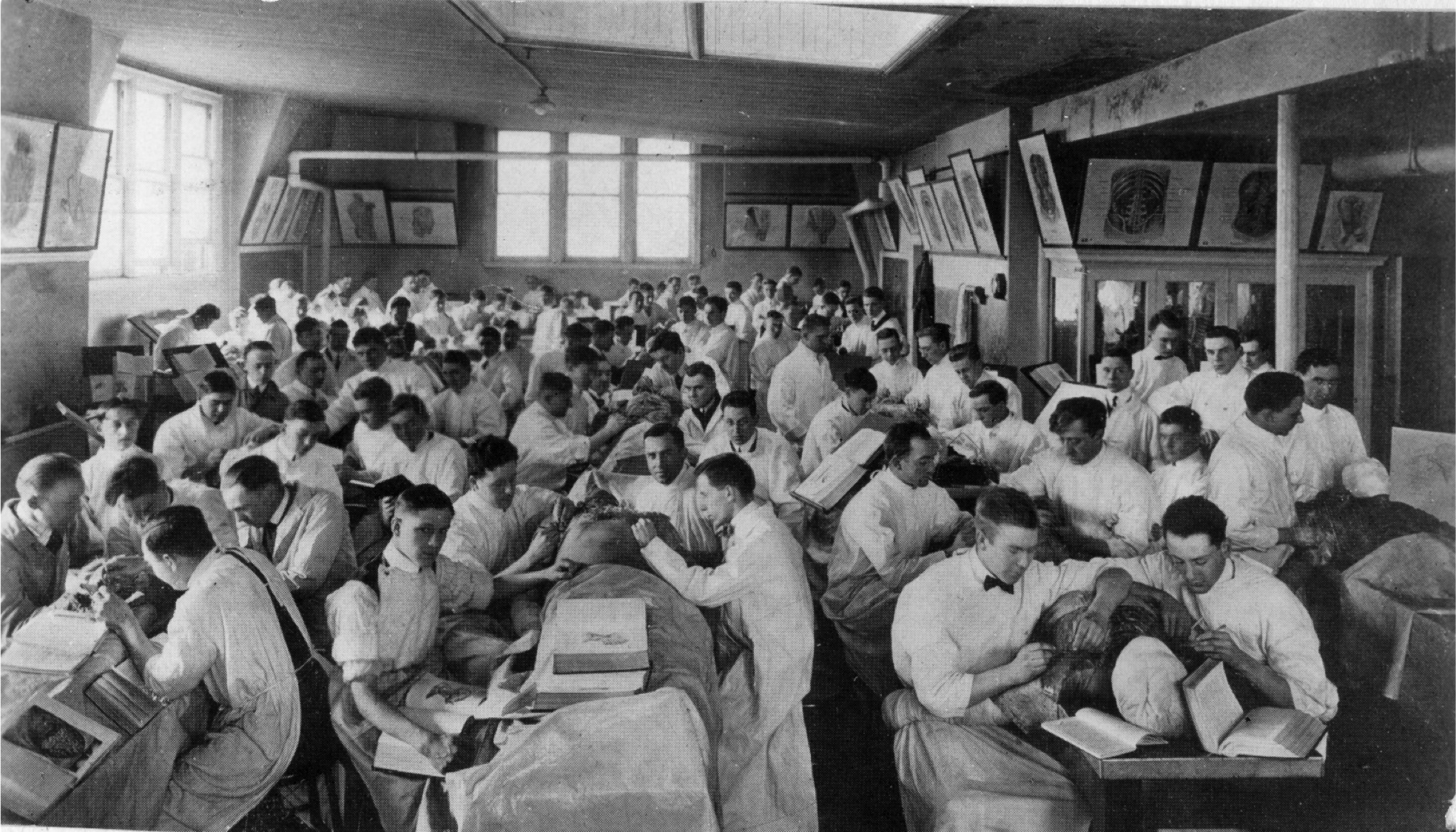
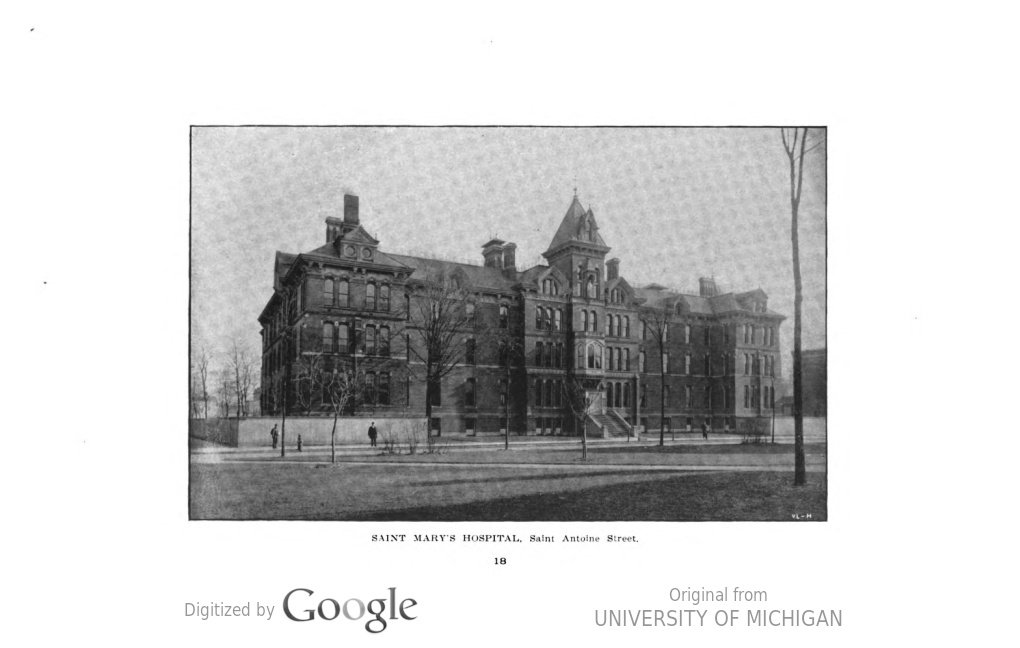
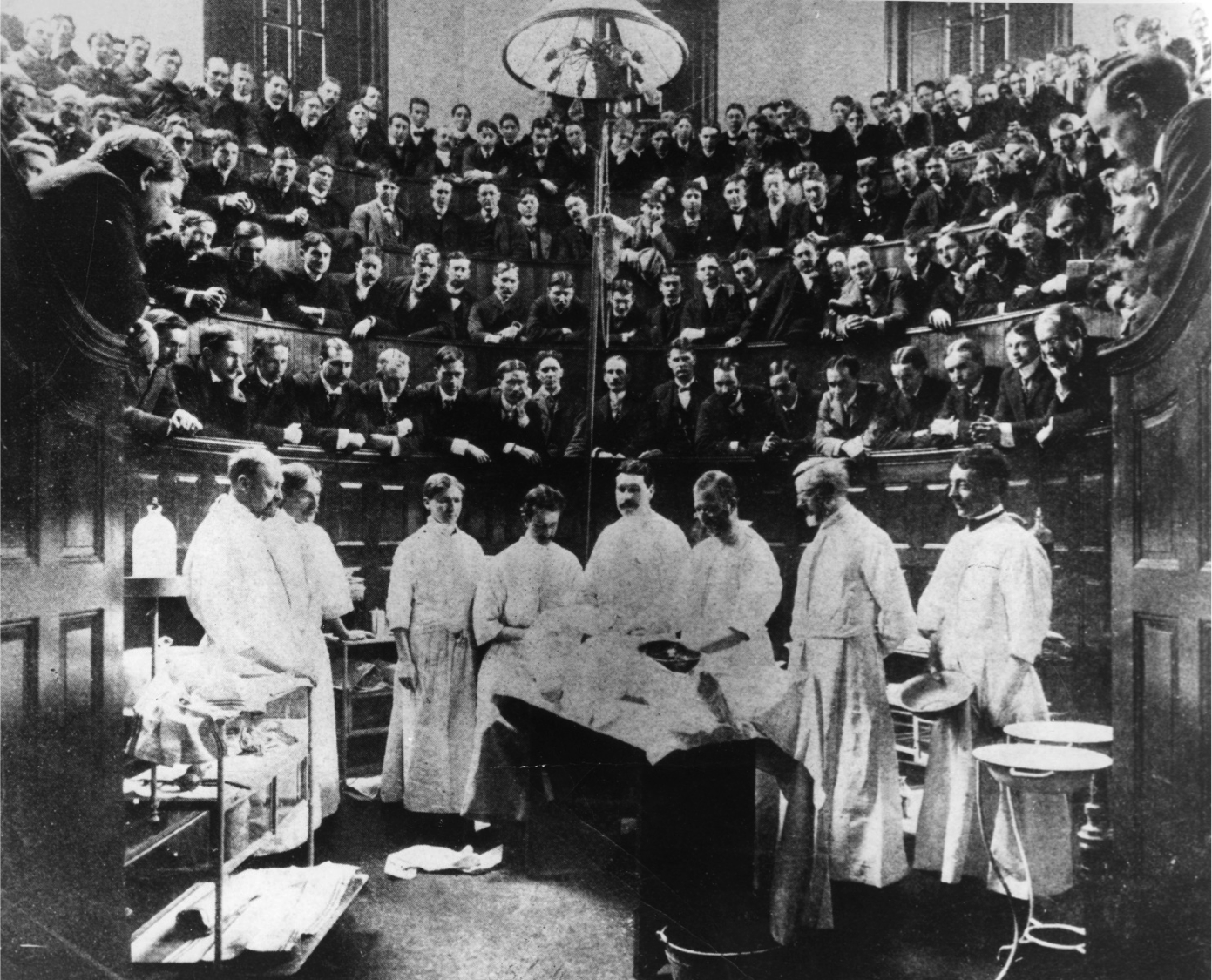
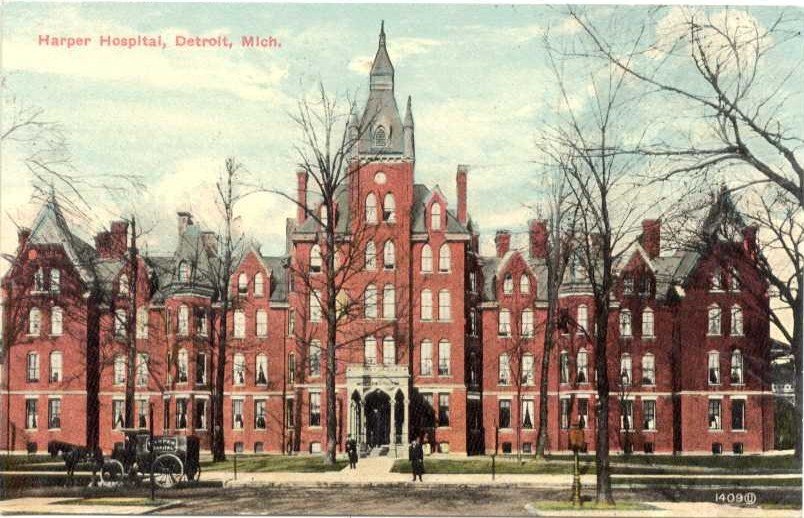
The above photo series include the following images: first is the Detroit Medical College, which housed the medical school after 1868, the second image shows students during anatomy lab sometime around 1900, which is not very different than anatomy lab at the School of Medicine today. The third image is St. Mary's Hospital, one of the two clinical training sites after 1868. The fourth image is the operating theater at St. Mary's Hospital in 1898. The Operator is Dr. Henry O. Walker. At his left, hands behind his back, is Dr. Theodore McGraw, the founder of the Detroit Medical College who emphasized teaching by doing. The final image is Harper Hospital, the primary clinical training site for students at the Detroit Medical College.
It was an honor to be able to relay the history of Wayne State University School of Medicine to my physician colleagues this weekend, and it is a great reminder of what makes doctors from Wayne State unique and so skilled - the focus on hands-on clinical training and the diversity of the people we have the privilege of serving.
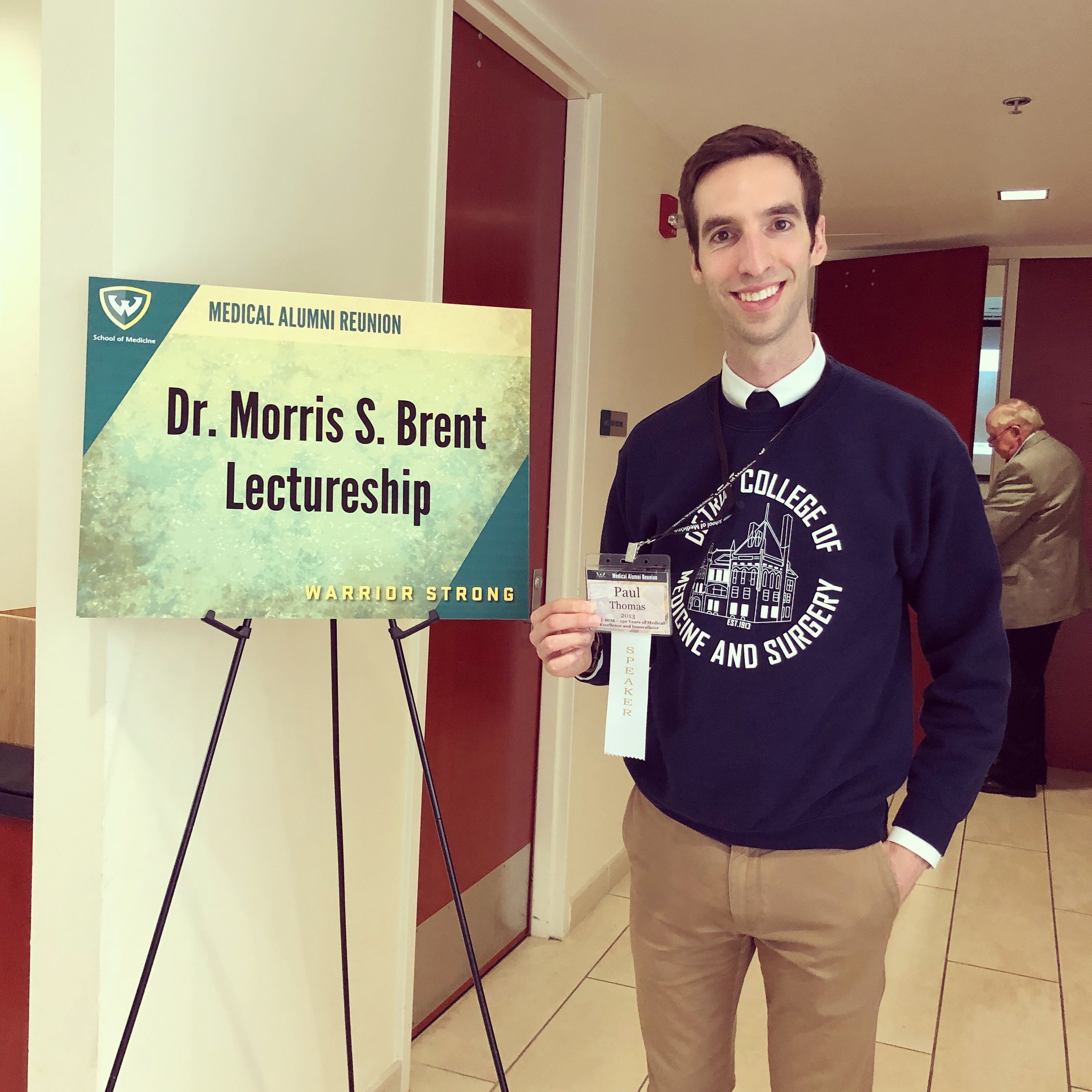
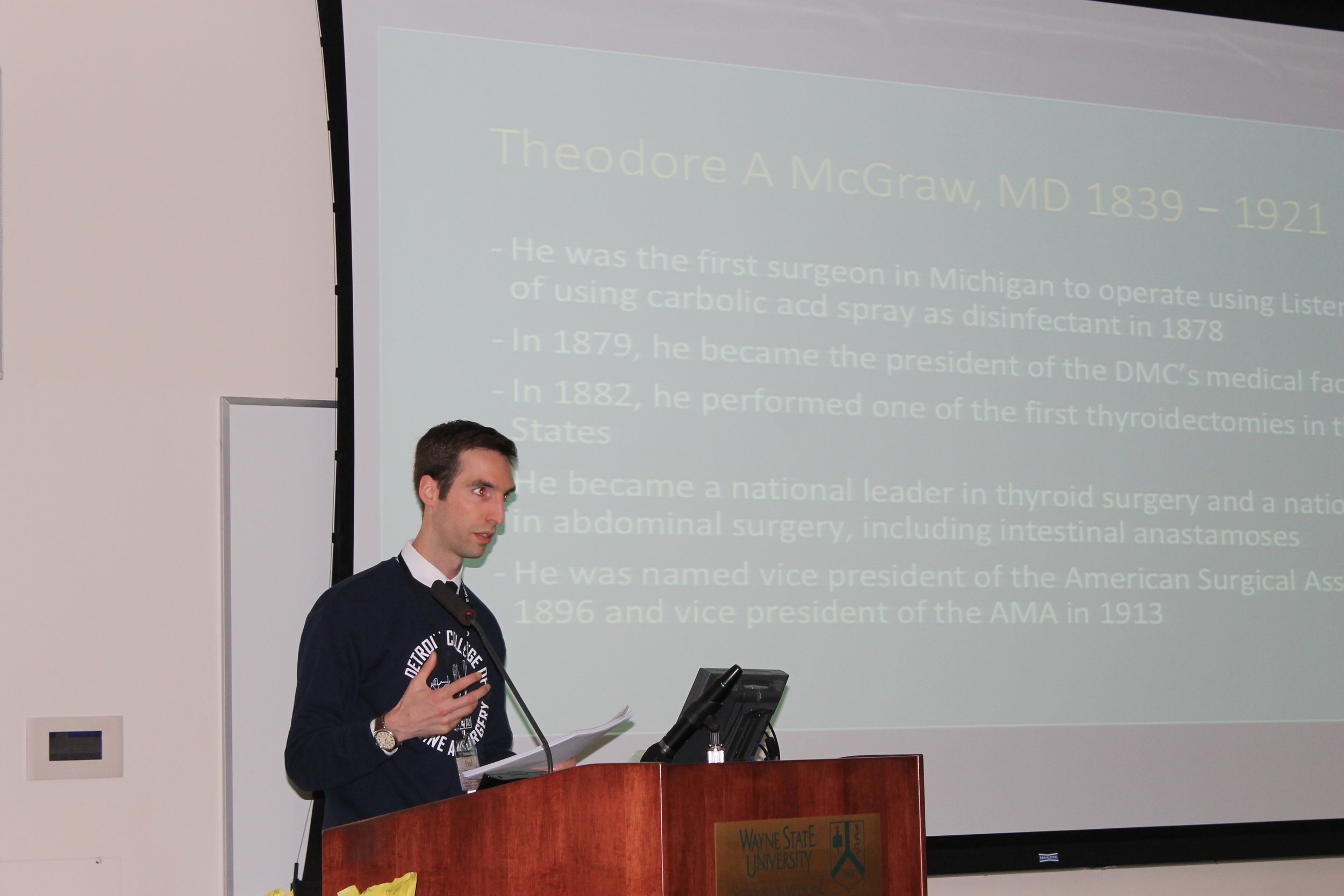
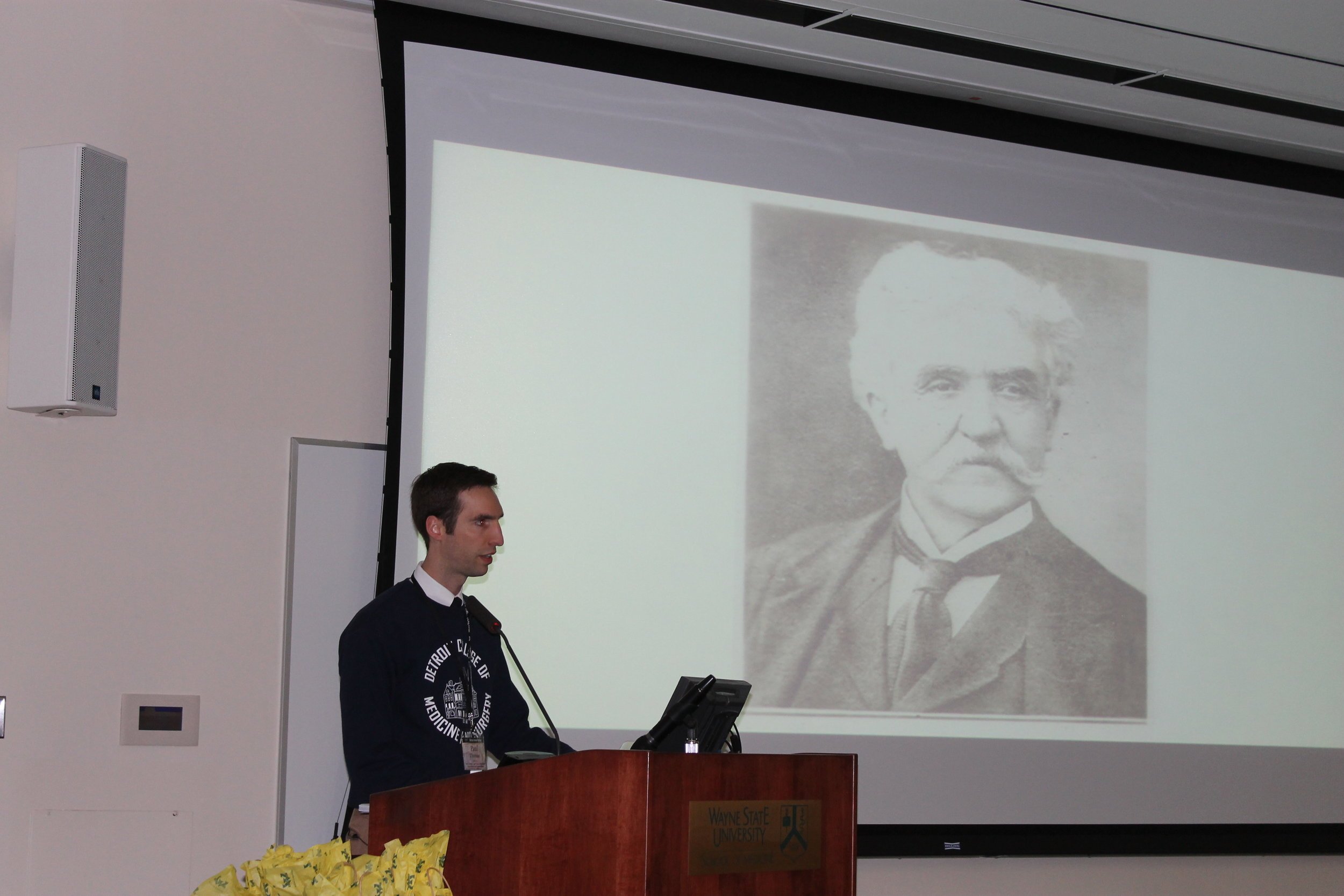
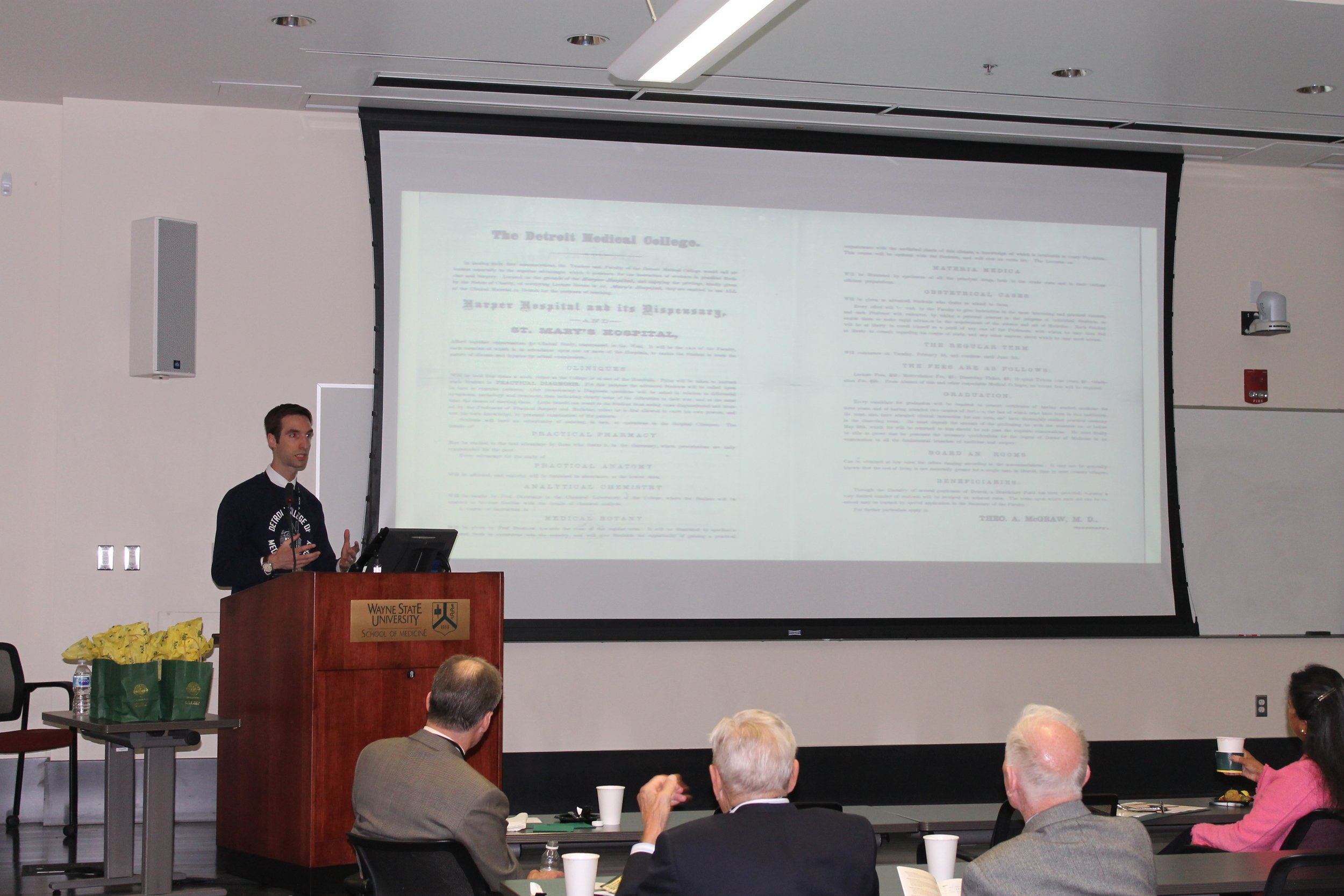
Thanks for reading,
- Dr. Paul Thomas, Physician with Plum Health DPC
Plum Health at TechTown Detroit
This week, I was invited to speak at TechTown Detroit's Retail Boot Camp, and as a proud alum of the program, of course I said "yes!"
If you're unfamiliar, Retail Boot Camp is about training young entrepreneurs and equipping them with the skills to start or grow a small business in Detroit. Some successful graduates of the program include House of Pure Vin, Paramita Sound, Tribalfare, Mama Coo’s Boutique, Third Wave Music and 2015 Hatch Detroit winner Live Cycle Delight.
The students had 45 minutes to ask me anything about my business and about what it takes to be a successful business in Detroit. I participate in events like this because small businesses are the backbone of a successful economy. I'm a life long resident of Southeast Michigan and I want to see Detroit and its surrounding communities thrive. Part of having thriving communities and growing economies is having a robust start-up/entrepreneurial ecosystem.
Below are some photos from the session! Thanks for reading,
- Dr. Paul Thomas, MD with Plum Health DPC
Plum Health on Bonfires of Social Enterprise
Last month, I had the pleasure of being interviewed by Romy Kochan on her podcast, Bonfires of Social Enterprise. Bonfires of Social Enterprise is focused on highlighting social entrepreneurs and we were happy to be featured on this podcast!
I believe that Plum Health DPC is a social enterprise because we not only focus on growing the business in a traditional sense (revenue, profit & loss, etc...), but we also focus on making a positive impact in the community by providing a medical service that is much needed the SW Detroit community.
Romy was a great interviewer and made me think differently about my own practice, prompting me to say something I've never said before. She asked if I could dream big, and envision a future for what I'm doing, what could this look like?
I responded by saying, "I think this could look like a nation where we get rid of these old notions of what 'good health care' looks like, and starting to realize that it doesn't look like a piece of plastic in our wallet. It looks like a relationship with someone in our community that is a healer, that can listen, and has time to address your concerns".
The conversation had a broad scope from how we got started, to the impact we're having, to the reaction to our service from the community. Here's how Romy describes it:
We’re back with another episode here on social enterprise. We have a doctor on this show who has been making a big impact in Detroit. It is Dr. Paul Thomas of Plum Health Care DPC. He has a dream of changing the notion of health care from a plastic card in your wallet to true healing from a healing doctor! What a concept!
This was a wonderful interview and I am so grateful to Romy Kochan for having me on her podcast. Check out the full episode here, and have a healthy week!
- Dr. Paul with Plum Health DPC
PS: you can find this episode on the podcasting platform of your choice:
PRX.org (Public Radio Exchange)
PPS: Follow us on Instagram!
Plum Health with the Black Health Academy
Last month, we had a great visit from and interview with Lisa A. Smith with the Black Health Academy. We first met during a small business course with the Build Institute in Detroit, and it was great getting back together for this interview! She has a passion for health and wellness and helping people reach their full potential. Here's how she tells her story on her webpage:
Lisa A. Smith, MBA, is the founder of Professionally Fit INC and The Black Health Academy. She began her own weight loss journey in 2012 at 190 lbs. She fell in love with fitness, nutrition and self-development, lost over 60 lbs and gained a bottomless amount of confidence. It wasn't until she gained confidence in her physical health that she was able to gain confidence in her career. With her new found confidence she launched Professionally Fit in July of 2015. Professionally Fit is an executive coaching platform which provides both the customization and accountability necessary for high performing entrepreneurs and executives to achieve their health and wellness goals from anywhere in the world.
Health disparities in detroit
Our conversation focused on health and wellness in the black community. There are almost unbelievable health disparities between white Americans and black Americans, and we discuss some of these differences during our interview. Lisa also highlights these disparities on her website:
Here are the facts:
- 47.8% of African Americans are considered overweight or obese
- African Americans are 20% less likely to be treated for depression
- 13.6% of African Americans have fair to poor health
- 40.9% of black men over the age of 20 have high blood pressure
- Heart disease, cancer and stroke are the leading causes of death in the black community
Topics covered during our masterclass
During our Masterclass, we discuss these health disparities, what inspired me to become a physician, the community-focused efforts at Wayne State University School of Medicine, why other physicians might not practice in a more community service-oriented way, what Plum Health is, how we manage the volume of patients in our practice, our range of services or scope of practice, the type of feedback that we've been getting from our members, trends in African American health, on not making assumptions about people's health and meeting people where they're at, and on making lifestyle recommendations versus taking medications.
I really loved this interview with Lisa A Smith - it was like siting down with an old friend. If you want to learn more about her and what she does, please visit the Black Health Academy or follow her on Facebook.
Thanks for reading and watching, and have a wonderful day!
- Dr. Paul Thomas with Plum Health DPC
PS Follow us on Instagram!
A Sample of Lab Test Cost Savings
A friend posted this image on Facebook with the notation: "thank God for health insurance".
While it's important to have health insurance, it's also important to understand how it inflates and distorts prices for health care. In the above photo, the insurance price for laboratory testing is shown clearly. What's interesting is if these labs were obtained through our clinic, they would have cost a fraction of the amount reported. Here's a test by test comparison:
A comparison of lab costs between typical insurance billing and our prices at Plum Health DPC
What's crazy here is that the person is being billed at a 765% mark-up from the actual cost of the service. This is why health care in America is so much more expensive - hospitals and health care providers dramatically mark up costs and then 'discount' these costs for insurance companies.
This price 'gamesmanship' is bad for health care consumers. It's bad for folks with insurance and even worse for folks who are uninsured. For example, if this person had 80/20 insurance coverage for these labs, they would end up paying $162.20 - the insurance company would 'pay' $658.80 or 80% and the insured person would pay the remaining 20% of costs or $162.20.
However, if this person were uninsured, they would bear the full brunt of these charges. The uninsured person would pay the entire $811 for labs that actually cost $106.
Thanks for reading, and have a great day,
- Dr. Paul Thomas with Plum Health DPC
Plum Health DPC Mentioned in Business Insider
This week, I was delighted to see Plum Health DPC mentioned in two different publications. The first was an excellent, comprehensive piece on Direct Primary Care in Business Insider by Lydia Ramsey.
Ms. Ramsey and I have spoken over the phone about the Direct Primary Care movement, and she asked several insightful questions about our practice in Detroit, Michigan. She has spoken with roughly 16 other DPC doctors and synthesized a great summary of the movement in her article.
I loved the chart she used to compare and contrast traditional Fee-For-Service medicine with Direct Primary Care services:
Next up, we were mentioned in the South Florida Sun-Sentinel article on Direct Primary Care written by Ron Hurtibise. The article discusses Direct Primary Care and the efforts in the Florida Legislature to make DPC 'legal' in that state.
Fortunately, in Michigan, Direct Primary Care has been 'legalized' via the efforts of State Senator Patrick Colbeck and his Senate Bill No. 1033. I have placed legal and legalized in quotations above because practicing Direct Primary Care or retainer-based medicine is not illegal, but having laws on the books like Senate Bill No. 1033 in Michigan and the proposed HB 37 in Florida removes any potential legal challenges and allows doctors who want to practice DPC medicine a clear path.
And we need more doctors having a clear path to the type of medical practice that they can enjoy and sustain for the long term. We need more doctors practicing primary care medicine. One of the arguments against DPC is that the panel size is smaller in the typical DPC practice as compared to the traditional Fee-for-Service practice. In the Sun-Sentinel article, a part of my LinkedIn article was quoted:
"As to the charge that Direct Primary Care contributes to the shortage of primary care doctors, Paul Thomas, a doctor with Plum Health DPC, wrote in an essay published on LinkedIn.com last year that the model might actually encourage more medical students to become primary care doctors, rather than pursue higher-paying specialty fields.
"A Direct Primary Care practice with 500 members can provide a primary care provider with more income than some earn with 3,500 patients at a fee-for-service practice, Thomas wrote. And the increased time for personal interaction eliminates “role strain” and allows the provider to address patients as whole people, he said.
I believe that Direct Primary Care practices provide physicians and patients with a better primary care experience, and will allow doctors to practice for longer periods of time without retiring early or leaving the field completely because of burnout. I'm happy to see the DPC movement spreading across the country, and I'm happy to be quoted in these two publications.
Thanks for reading!
- Dr. Paul Thomas with Plum Health DPC
Guy Gordon Discusses Direct Primary Care on WJR
Today, Guy Gordon and Senator Patrick Colbeck discussed Direct Primary Care and the potential impact that it can have on the health and wellness of Michigan residents as well as the sustainability of the Michigan economy. The discussion was held on WJR News Radio (AM 760).
My name is Paul Thomas, M.D. and I am a family medicine doctor practicing in Southwest Detroit. I believe that healthcare should be affordable and accessible for everyone. I also believe that we can achieve this goal through direct primary care medicine.
It is a dream of mine to see and help more family doctors and primary care physicians transition from the fee-for-service model of healthcare to the direct primary care model. This will allow more doctors to deliver compassionate, truly patient-centered care with transparent pricing in our great state of Michigan.
To this end, I will be speaking at the Michigan Academy of Family Physicians statewide conference in mid July in Kalamazoo, Michigan about this very topic.
Thanks so much for reading and watching, and have a wonderful day!
– Dr. Paul Thomas, M.D.
Heart Health in Detroit Video
Because it's February and it's heart health month, I shot a short video about high blood pressure, changes in blood pressure thresholds, and what you can do to keep your heart healthy!
Heart Health on SEEN Magazine
Today is Valentine's Day and it's a great time to talk about heart health aka cardiovascular health. We were invited to write a blog post for Detroit's SEEN Magazine and it is now live and currently on their front page! Head over to their website to read the full article, here.
Thanks for reading,
- Dr. Paul Thomas with Plum Health DPC
Morris S. Brent Lectureship at Wayne State Medical School
I'm excited to announce that I will be giving a lecture to my medical colleagues at Wayne State University School of Medicine's Sesquicentennial Celebration. A part of that Sesquicentennial Celebration is the Medical Alumni Reunion Weekend, which features the Dr. Morris S. Brent Lectureship.
Image taken from Wayne State University's website, https://alumni.med.wayne.edu/mard
My topic is "WSU SOM - 150 Years of Medical Excellence & Innovation" and I'm proud of the rich history of Wayne State. A few notable facts:
- What is now WSU SOM was originally founded as the Detroit Medical College by five US Civil War Veterans in 1868, thus 2018 is the year of the Sesquicentennial Celebration
- WSU SOM is the birthplace of the mechanical heart pump used in the world's first successful open heart surgery in 1952; it was a collaboration between General Motors and Forest Dodrill, MD
- In 2015, WSU SOM remains on the forefront of medical research as they opened the Integrative Biosciences Center, which aims to study and eliminate the health disparities affecting Detroit's residents.
After the break, there is a description of the Morris S. Brent Lectureship series in greater detail. Thanks for reading, and have a great day,
- Dr. Paul Thomas with Plum Health DPC
The Dr. Morris S. Brent Lectureship was established at the Wayne State University School of Medicine in 1989 by Brent General Hospital in honor of the late Morris S. Brent, M.D., to provide quality lecturers for continuing medical education during Medical Alumni Reunion Day. Dr. Brent, grew up in Detroit, attended Cass Technical High School and received two degrees from Wayne State University, a bachelor's degree in 1927 and a medical degree in 1931. He spent much of his career in general practice, specializing in surgery and obstetrics. In 1942, he founded Brent General Hospital, a non-profit corporation, and served as its administrator until his retirement. He married Anne, a dental hygienist, and they had two sons, Burton Brent, a graduate of Chicago Medical School, and Robert Brent, a graduate of the WSU School of Medicine (Class of 1960).
The Dr. Morris S. Brent Lectureship will take place in the Richard J. Mazurek, M.D., Medical Education Commons Margherio Family Conference Center. This year's program provides continuing medical education credits and feature presenters from our own Wayne State family of physicians who will speak on a variety of interesting topics.
Be Safe When you Celebrate
Note: this is sponsored content. If you'd like to sponsor content on our blog, leave us a note, here.
Drunk driving is an action that comes with plenty of potential repercussions. From injury to suspended licenses and financial chaos, the aftermath of drunk driving can be catastrophic. It's a decision that not only directly affects you, but your loved ones, and anyone who happens to be around you on the road.
Did you know that thirty percent of all fatal Michigan automobile crashes in 2015 involved at least one person who was under the influence? The good news is that drunk driving has generally been on the decline in the past five years. This is most likely due to the popularity of ride share services and professional transportation.
It seems that most people are aware of the negative effects of drunk driving and the consequences that come along with it. Then, why is it still an issue? There are a lot of factors that go into any given decision, but transportation accessibility seems to be the missing link here. However, with ride share services and professional car rentals becoming more affordable and accessible, drunk driving has the potential to continue to decrease dramatically.
It's simple. The best way to protect yourself and others is to think about your method of transportation when you know you'll be drinking. You should always know your limits and commit to your safety when drinking! Preparing and organizing a plan for safe transportation doesn't have to be a complex process, either.
It's easier than ever to order a ride share service from your phone when you're in a pinch. Limousines and party buses are another avenue to consider if you'll be in a group setting for a Detroit event or celebration with friends. Splitting the overall cost of a limo or party bus is the perfect way to make safe transportation affordable for everybody involved, and you'll be able to enjoy modern features like stream ready stereo systems and television screens.
In the end, safety should always be your main concern. If you're looking for a ride, check out this Detroit Limo Information.
Plum Health on Jibs Podcast
This week Plum Health DPC was featured on Jibs Podcast, hosted by Jibran Ahmed. On the podcast he will be interviewing movers and shakers in the Detroit community and discussing topics that can move the city forward.
From Jibran: "I'm hoping to create a platform that showcases the entrepreneurs, creatives, and hustlers that are moving Detroit forward. In order to make Detroit the city of the future, it's important to share with the world that this city embodies gusto, grit, and innovation."
During our conversation we talked about Plum Health and it's origin story. We also talk about why it's important for business people to build relationships in the community and how those early relationships can translate into a prosperous business.
We dove into the difference between Direct Primary Care and traditional or fee-for-service medical practice and discussed why more doctors aren't practicing in the DPC model of care. We also highlight the many community resources in the Detroit ecosystem that enable businesses in the City and region to thrive.
Thanks for reading and watching!
- Dr. Paul Thomas with Plum Health DPC
Last Day For Open Enrollment
Hello all! It's December 15th and the last day to sign up for health insurance. Health insurance is different from Health Care. What I provide at Plum Health DPC is health care - visits with the doctor, wholesale medications, at-cost labs, convenience, etc...
But you also need health insurance - this is a financial tool to protect you from bankruptcy in case of major accidents, illnesses, or injuries. If you have cancer, a heart attack, a stroke or are involved in an auto accident, you need health insurance to cover these costs.
The best way to get health insurance? Go to HealthCare.gov and choose a plan that's right for you.
Thanks for your time, thanks for reading and watching! And, sincerely, if you need help with this, give me a call!
- Dr. Paul 313.444.5630
These Mobile Businesses are Changing the Game in Detroit
Running a successful business is tough. Running a successful mobile business can be even more difficult! This week, I participated in a panel discussion that took a deep dive into what it takes to run a successful mobile business in Detroit.
The panel was a part of Build Institute's Open City series, and featured four business owners: Lisa Waud of Pot and Box, Alleah Webb of Drifter Coffee, Ebony Rutherford of Trish's Garage, and Paul Thomas, MD (that's me!) of Plum Health DPC. The panel was expertly moderated by Sarah Donnelly of TechTown Detroit.
Build Institute's Open City Panel, featuring Ebony Rutherford, Alleah Webb, Paul Thomas MD, and Lisa Waud. The panel was moderated by Sarah Donnelly. The event was hosted by Build Institute's Christianne Malone.
Ebony Rutherford of Trish's Garage talked about the choosing the right events to attend, citing that it's easy to lose money by purchasing table space at a poorly attended event. However, turning lemons into lemonade, she would take that time at a slower event to work on her social media production and marketing.
Alleah Webb of Drifter Coffee has built a successful business around an Instagram-able/Pinterest-able mobile coffee house. Her business is among the most unique in Detroit, creating a mobile coffee experience for her audience.
Alleah often participates in public events, like Noel Night, Open Streets Detroit, and MoPop Detroit, and she has also found success by catering to private events, like weddings. This all makes for an interesting story, and Drifter Coffee has gotten some great traditional media exposure, as in this Hour Detroit article.
Lisa Waud of Pot and Box also created a ton of buzz from not only having a mobile flower shop, but also by creating The Flower House Detroit. In the panel, she talked about the pros and cons of operating out of a truck that can have adverse effects on their inventory. For example, when it's 90 degrees outside, the flowers can wilt in less than 3 hours if they are in the truck.
As a business person conscious of profit and loss, she is considering the costs and benefits of continuing the flower truck operation. It's expensive to have insurance for a mobile business and it takes a lot of energy and staffing costs to operate successfully.
Build Institute's Open City Detroit event, held at the Atwater Brewery, 237 Joseph Campau Ave, Detroit, MI.
This was an important point in the conversation! Is a pop-up business/mobile business the end goal or a means to an end? Sometimes, a mobile or pop-up business can lead to a permanent brick-and-mortar establishment. On the other hand, some entrepreneurs prefer the mobile/pop-up business model as it can greatly reduce overhead costs.
For me, having a mobile offering in the first few months of our operation of Plum Health allowed us to operate with a low overhead while building momentum. The goal was to engage enough customers to justify leasing out an office space. Once we had enough momentum, we were able to lease out our office and build from there.
At Plum Health, we still offer house calls to our members, but now there is an added cost to these house calls, whereas house calls were standard in the first 2 months of operation.
All in all, this was a great panel, and I learned a great deal from my fellow panelists and from the moderator, Sarah Donnelly. To the folks at Build Institute, thanks for the invite! And I'm looking forward to the next season of Open City!
- Dr. Paul Thomas with Plum Health DPC
Healthy Aging in Detroit
Let me tell you about one of my favorite things: educating people in the community about how they can be healthier.
Today I was invited to the Earnest T Ford Recreation Center at 10 Pitkin Street in Highland Park to speak with a group of older men. They had questions and concerns about their health and their health care, and it was a pleasure speaking with them.
This group of senior citizens wanted to know how they could better their lives, and they peppered me with as many questions as they could think of, and I loved it. I love sharing my knowledge as a practicing family medicine doc with the people in my community.
I especially enjoyed seeing the 'aha!' moments when things started to click with those men in my audience. We talked about high blood pressure, diabetes, erectile function and dysfunction, the aging brain, exercise, osteoporosis and bone health, and the connections between these conditions. Below are some pictures from the event!
Thanks for reading, and have a wonderful day,
- Dr. Paul Thomas with Plum Health in Detroit, MI
Direct Primary Care Conference 2017
Today I'm blogging from Orlando! The 2017 Direct Primary Care Nuts and Bolts 2.0 conference is ongoing! There are some heavy hitters in the room, and it's great to meet up with colleagues and learn best practices. Moreover, this is a call to action - it's inspiring being surrounded by 250 of the leaders in the Direct Primary Care movement!
These doctors have left a secure paycheck, given up on their employed gigs and pursued their dream of delivering the best care possible for their patients. I'm always inspired by their courage in the face of uncertainty and their dedication to lifting up the profession of primary care.
One of the most inspiring talks of this conference was given by Dr. Doug Farrago. He received a standing ovation after sharing his truth about why he's a Direct Primary Care doctor. He detailed his trajectory from being a battered employed doctor, threatened with termination if he questioned his marching orders, to leaving the system and practicing in a DPC model with fulfillment.
A big thanks to Dr. Lee Gross and the Docs 4 Patient Care team who have organized this conference. I'm looking forward to 'next time'!
- Dr. Paul with Plum Health in Detroit, Michigan



